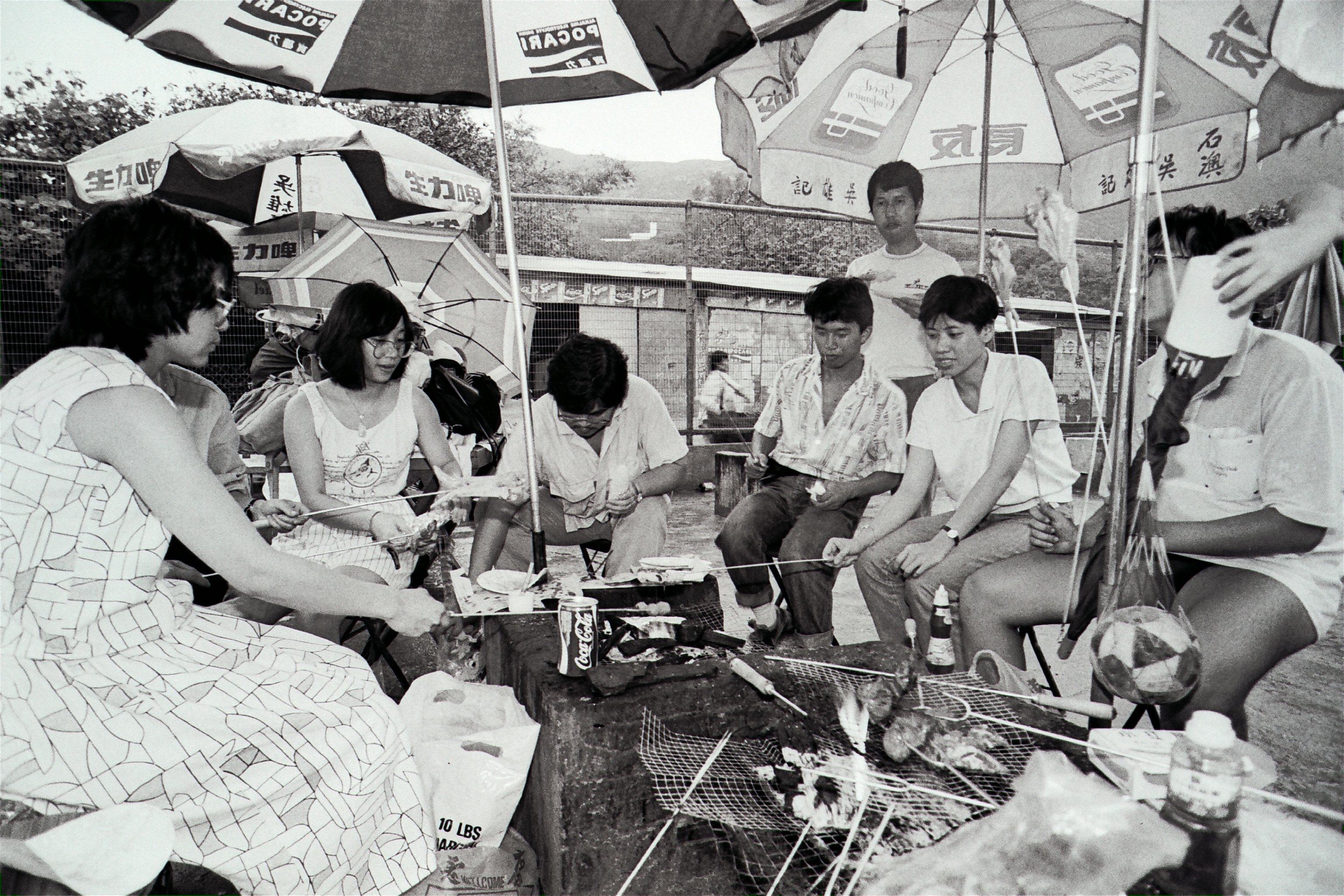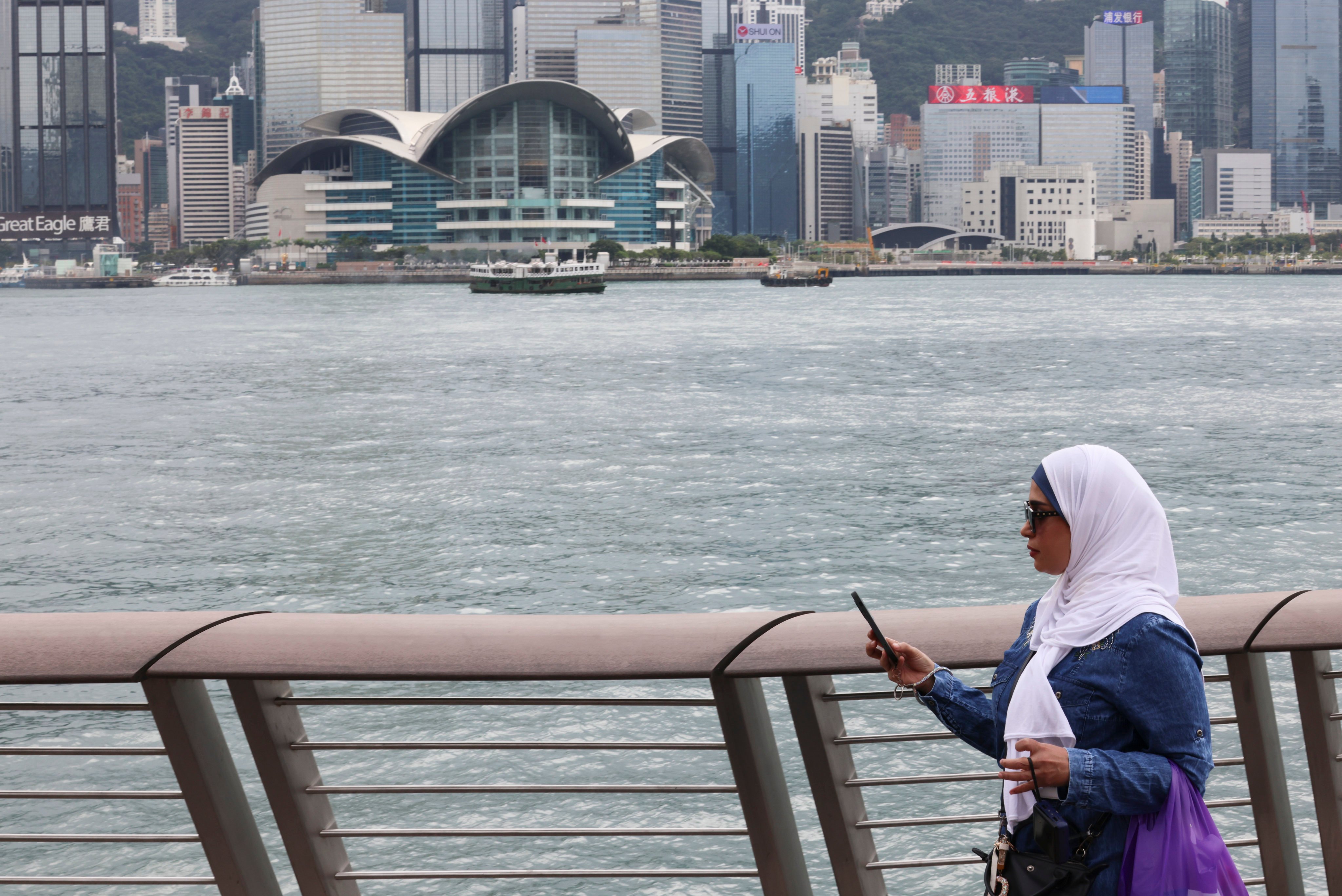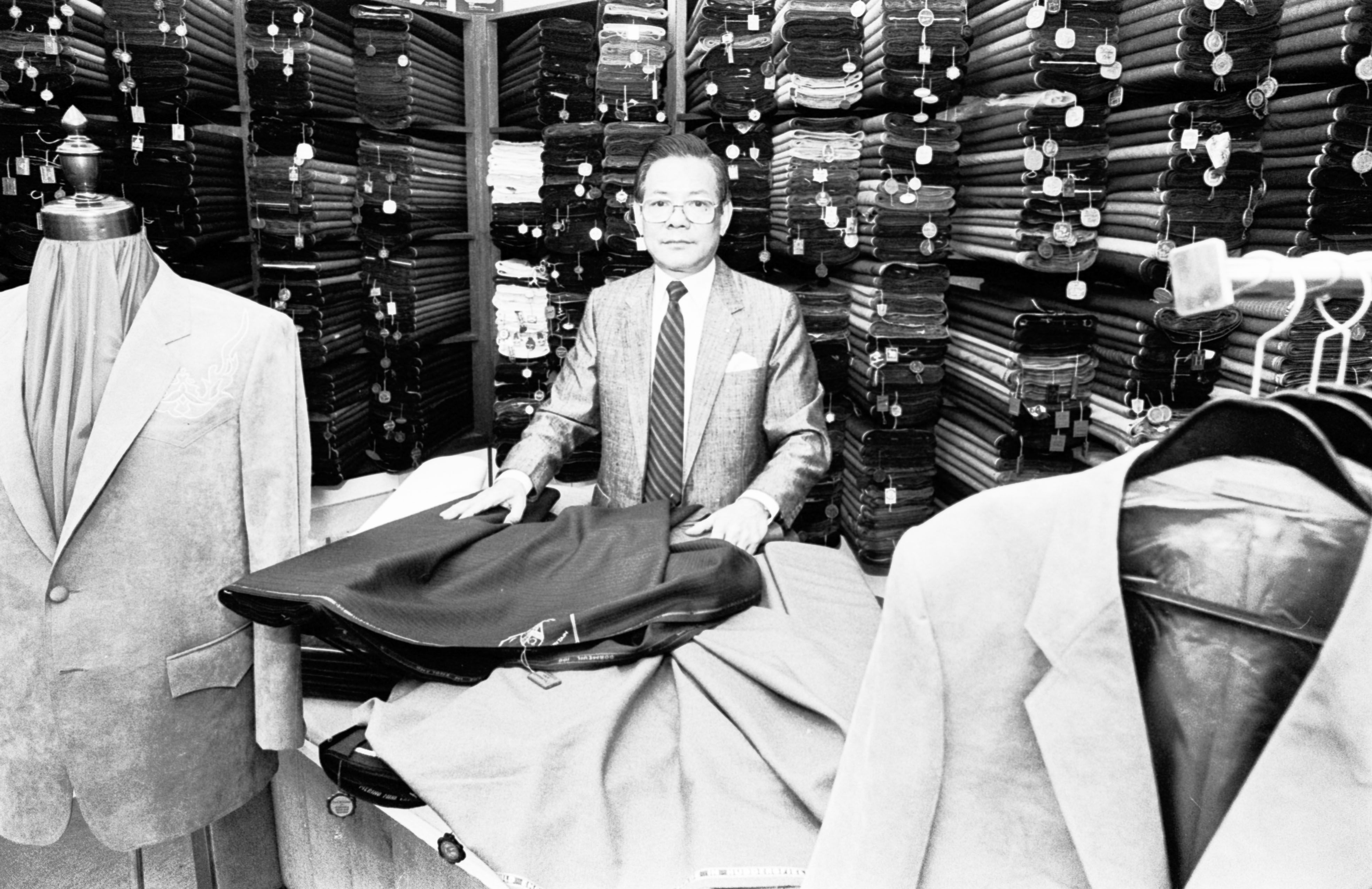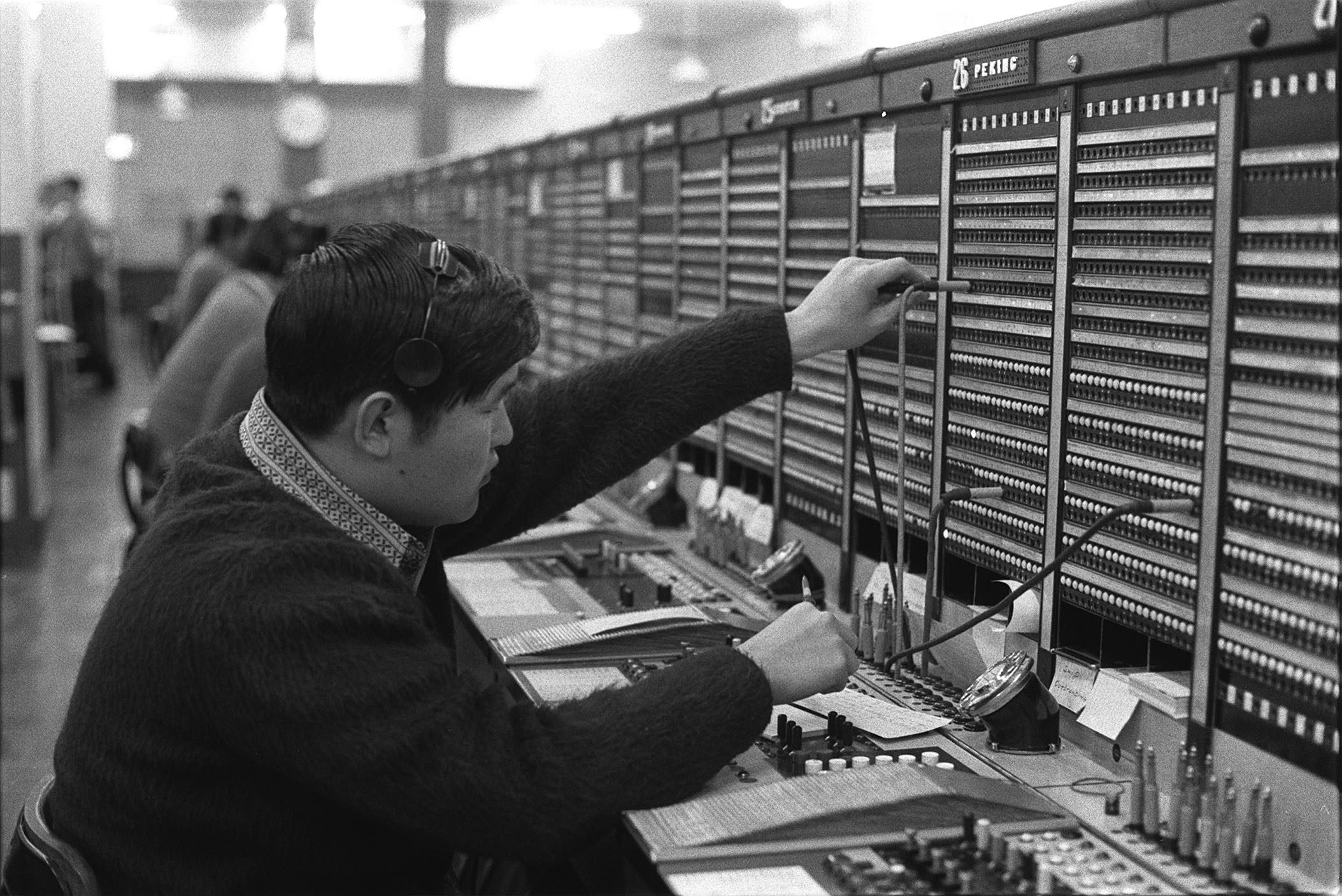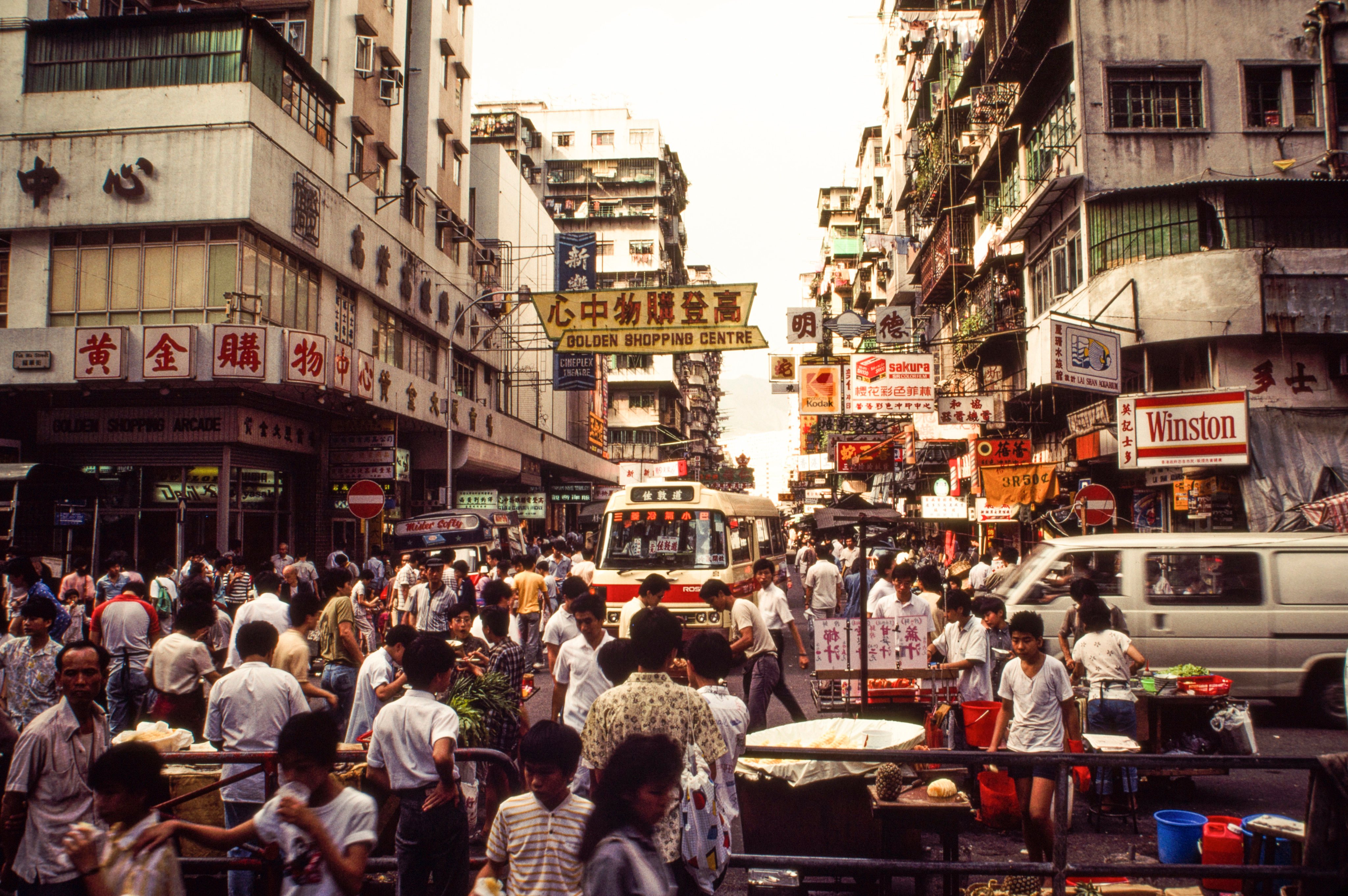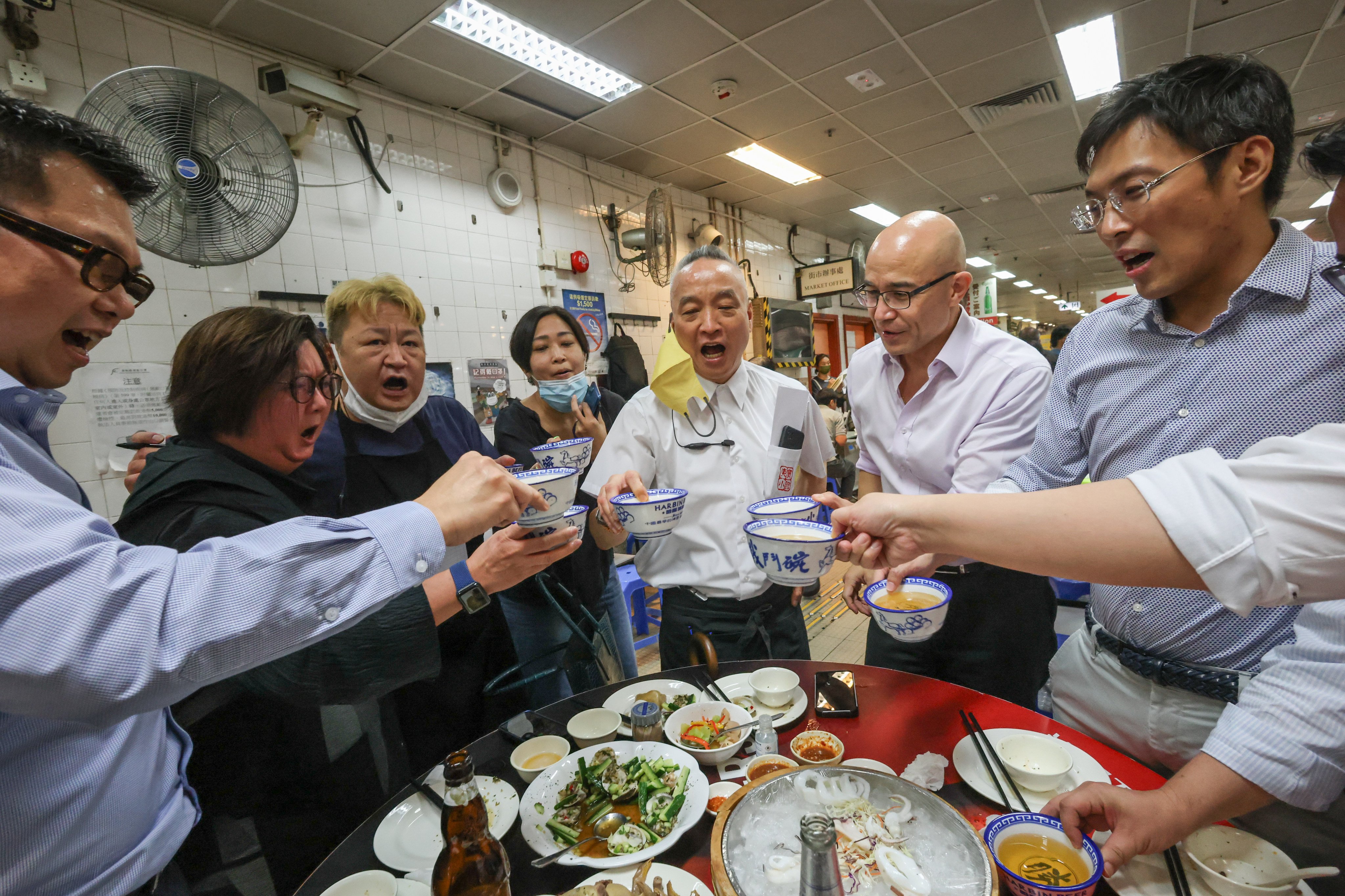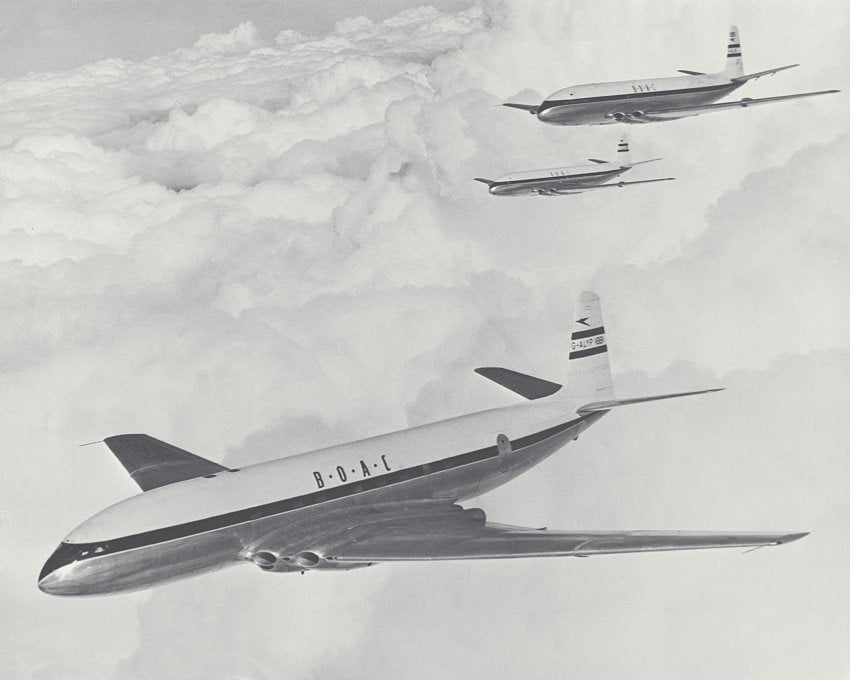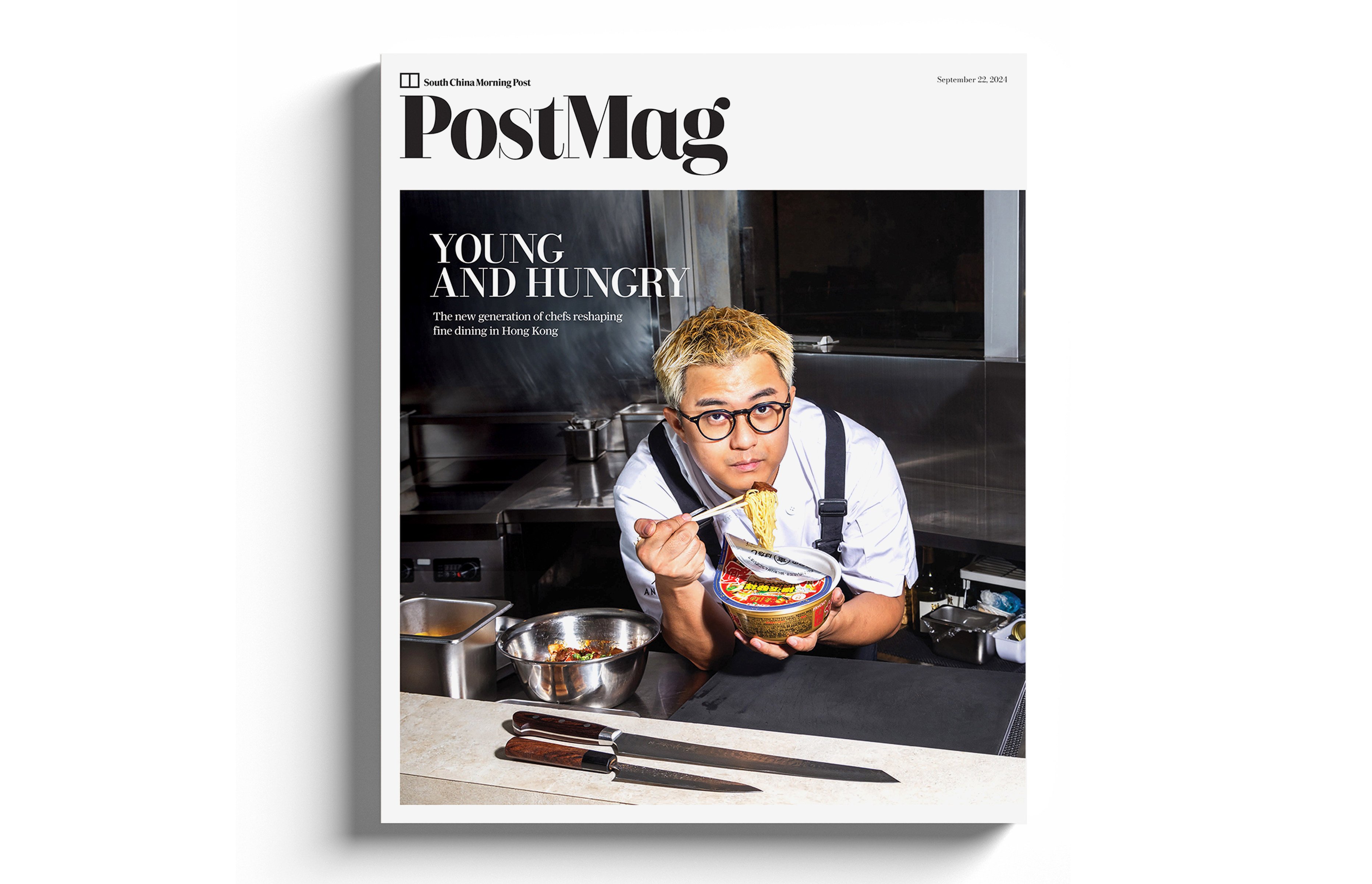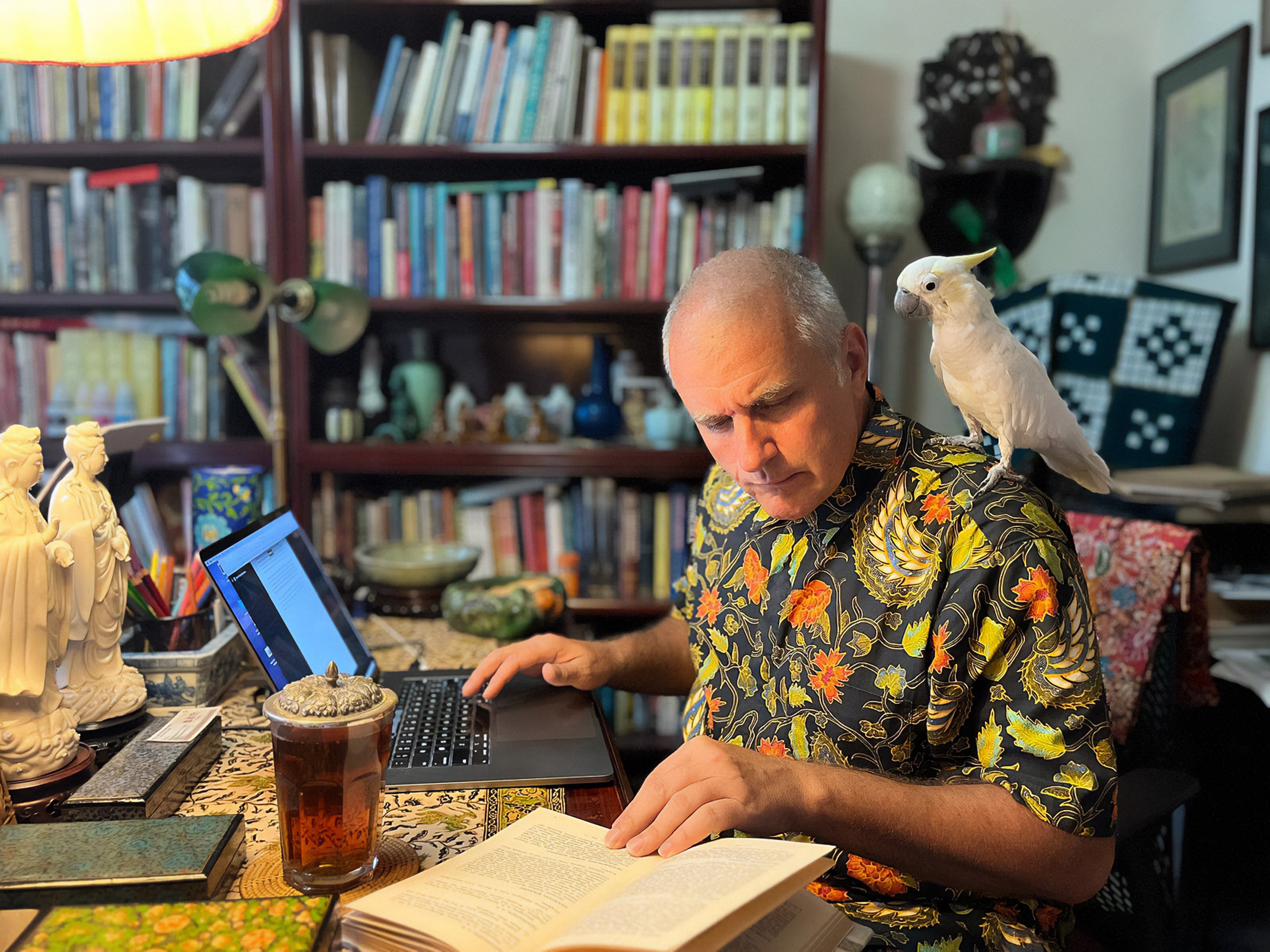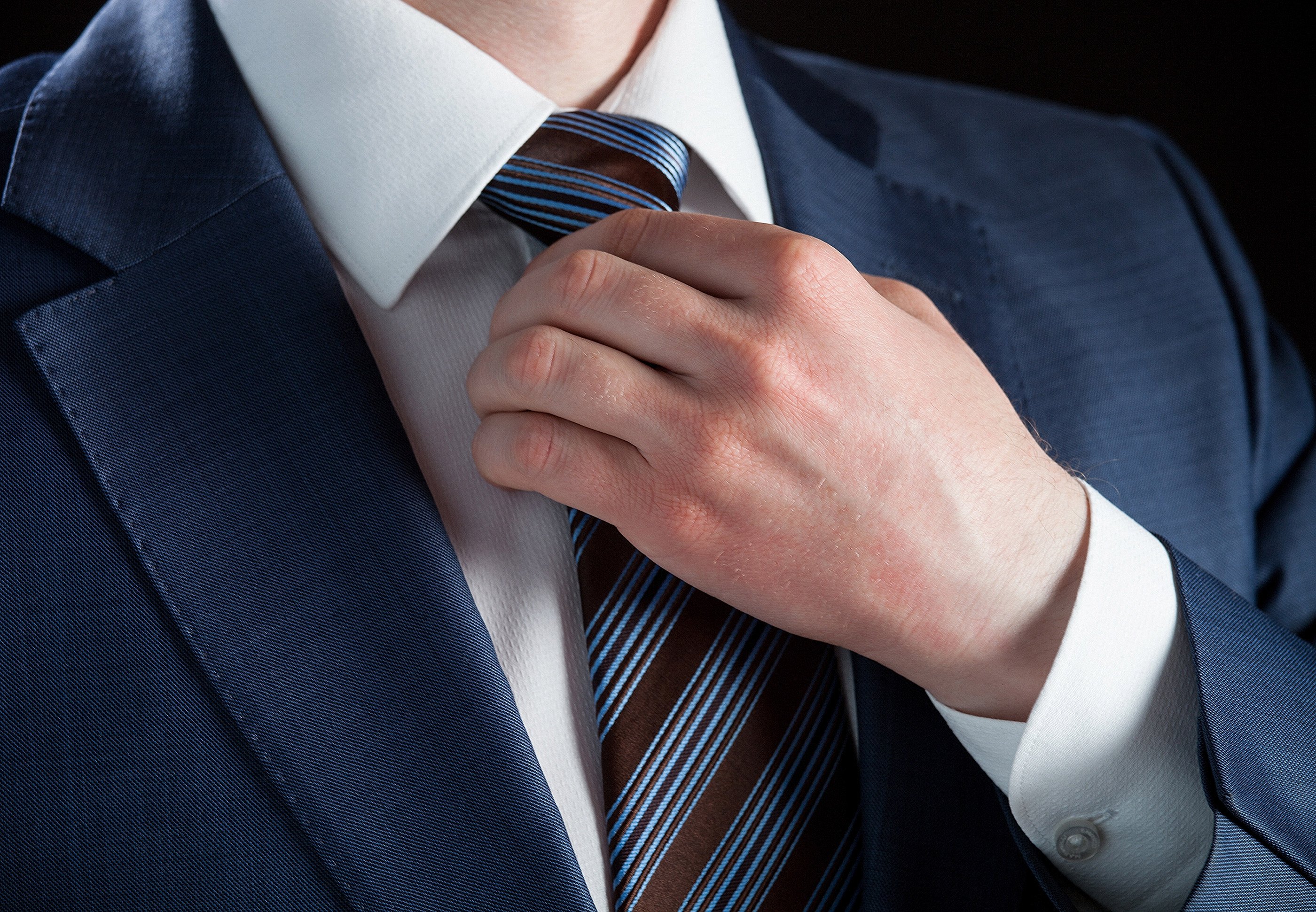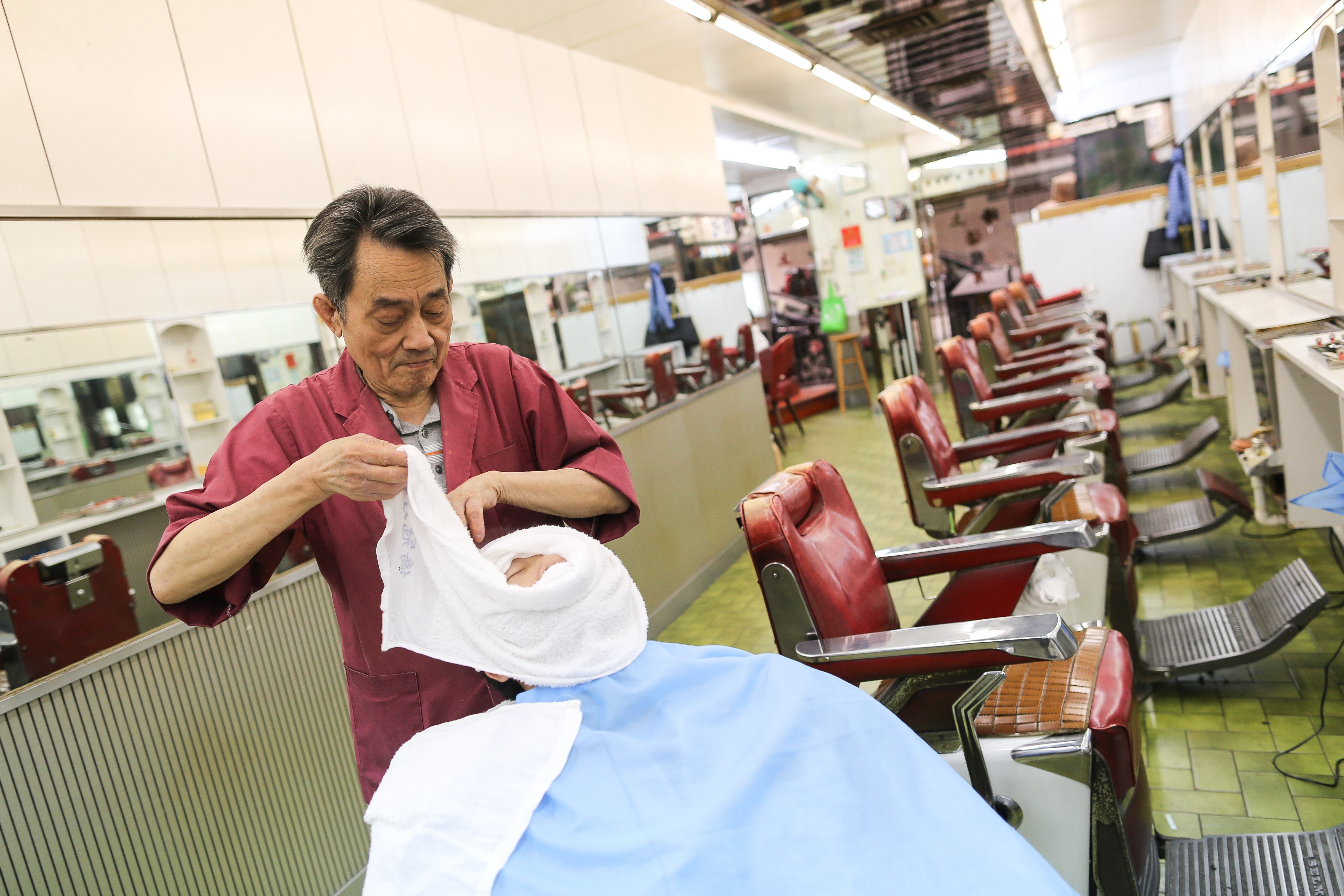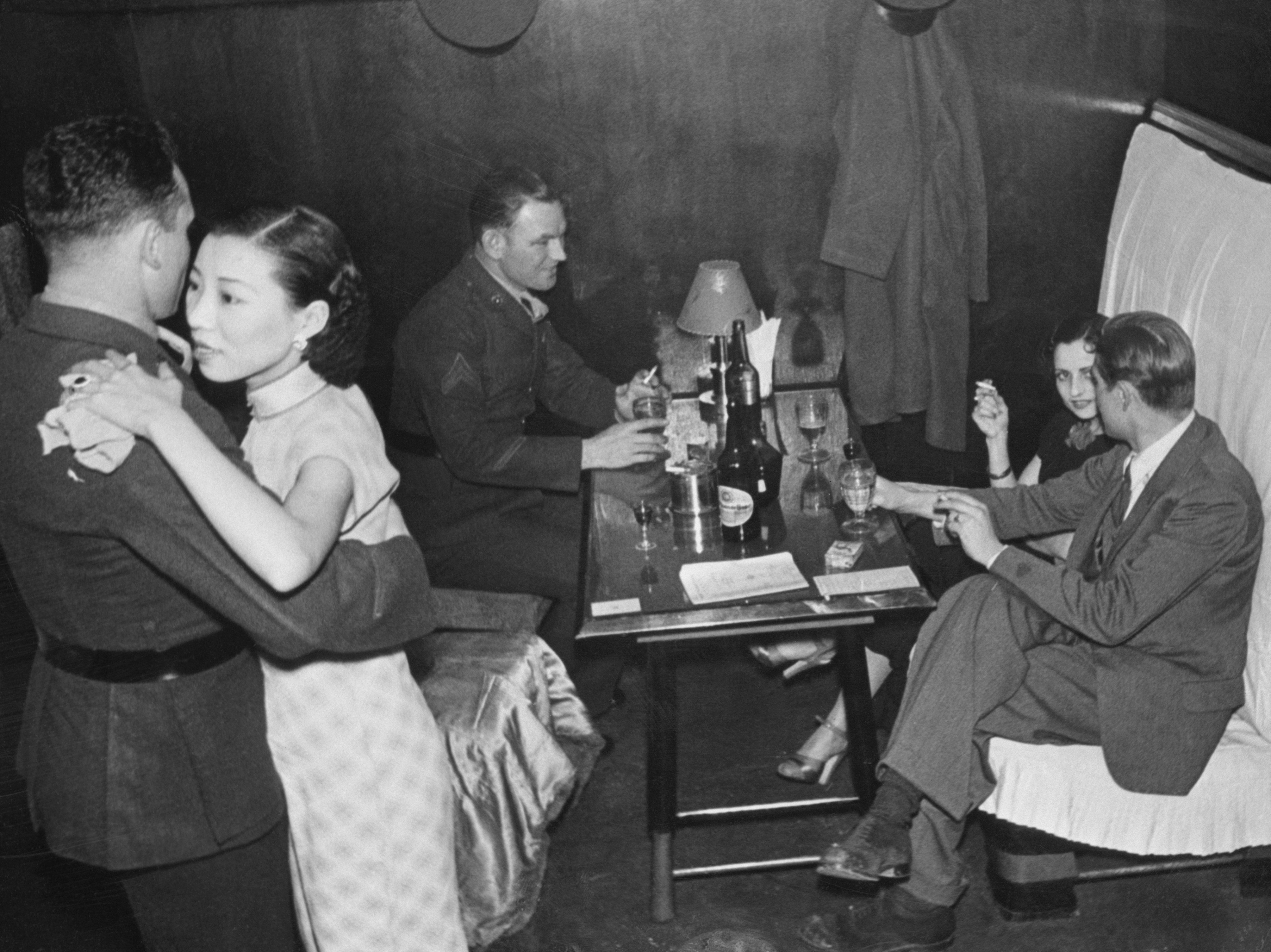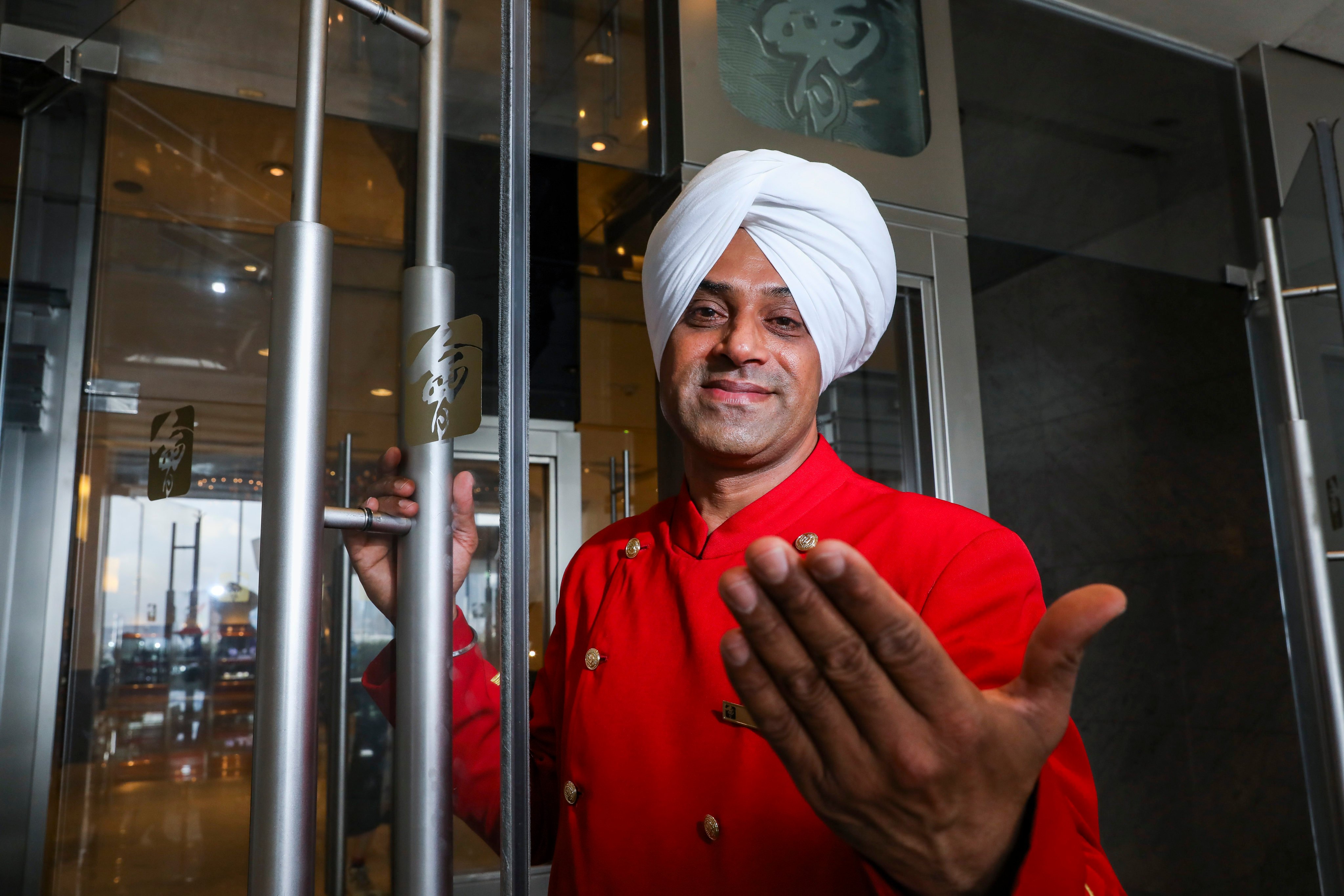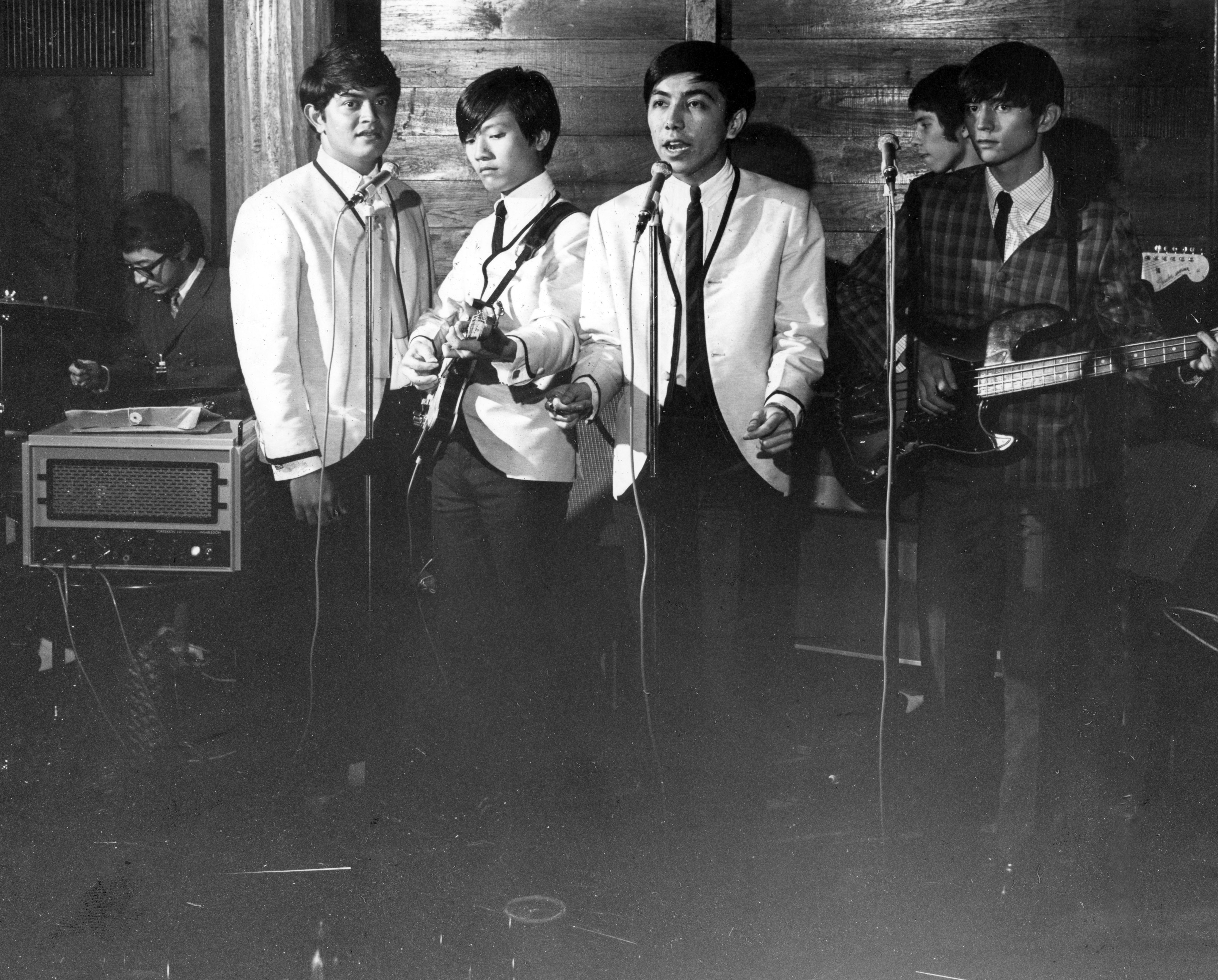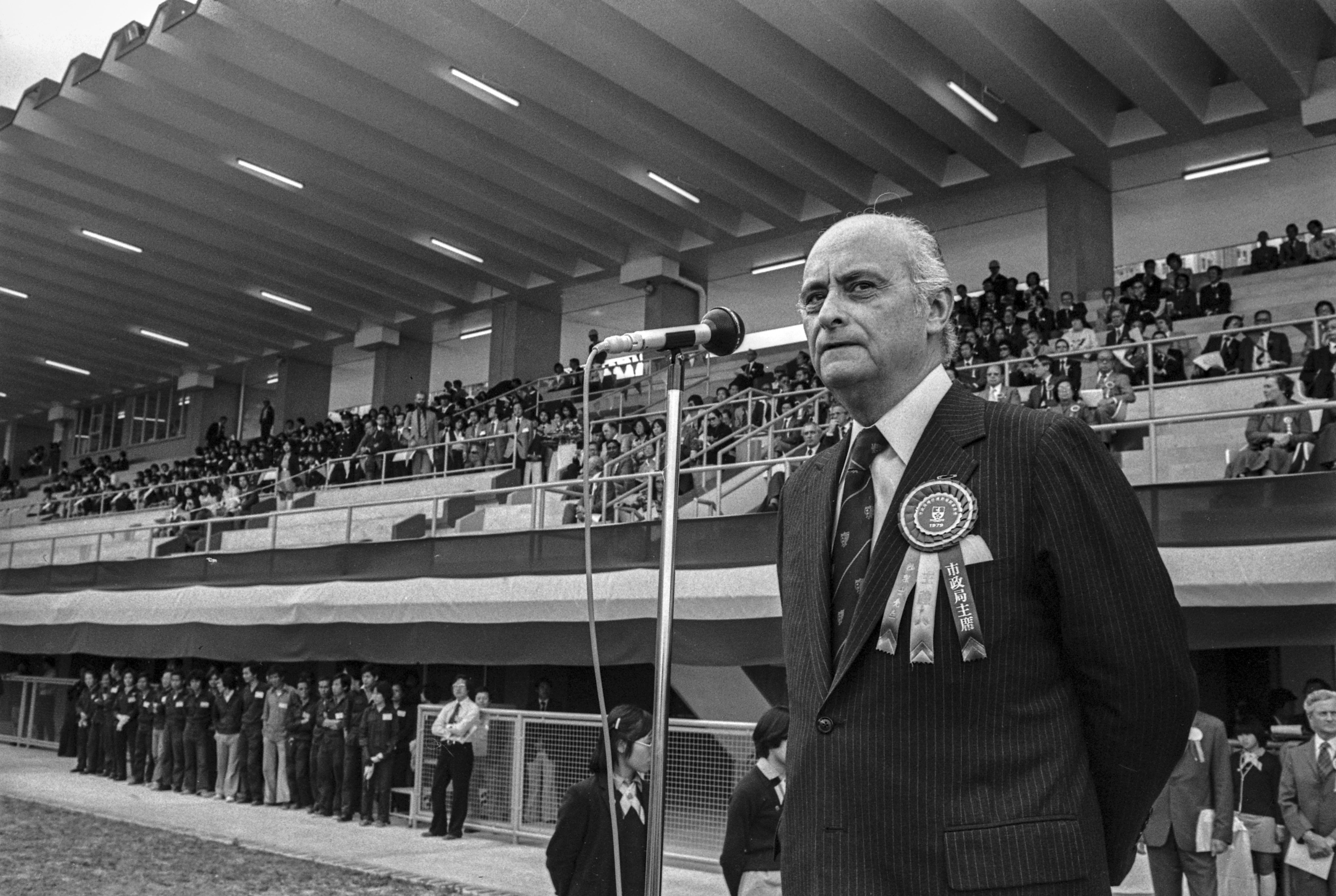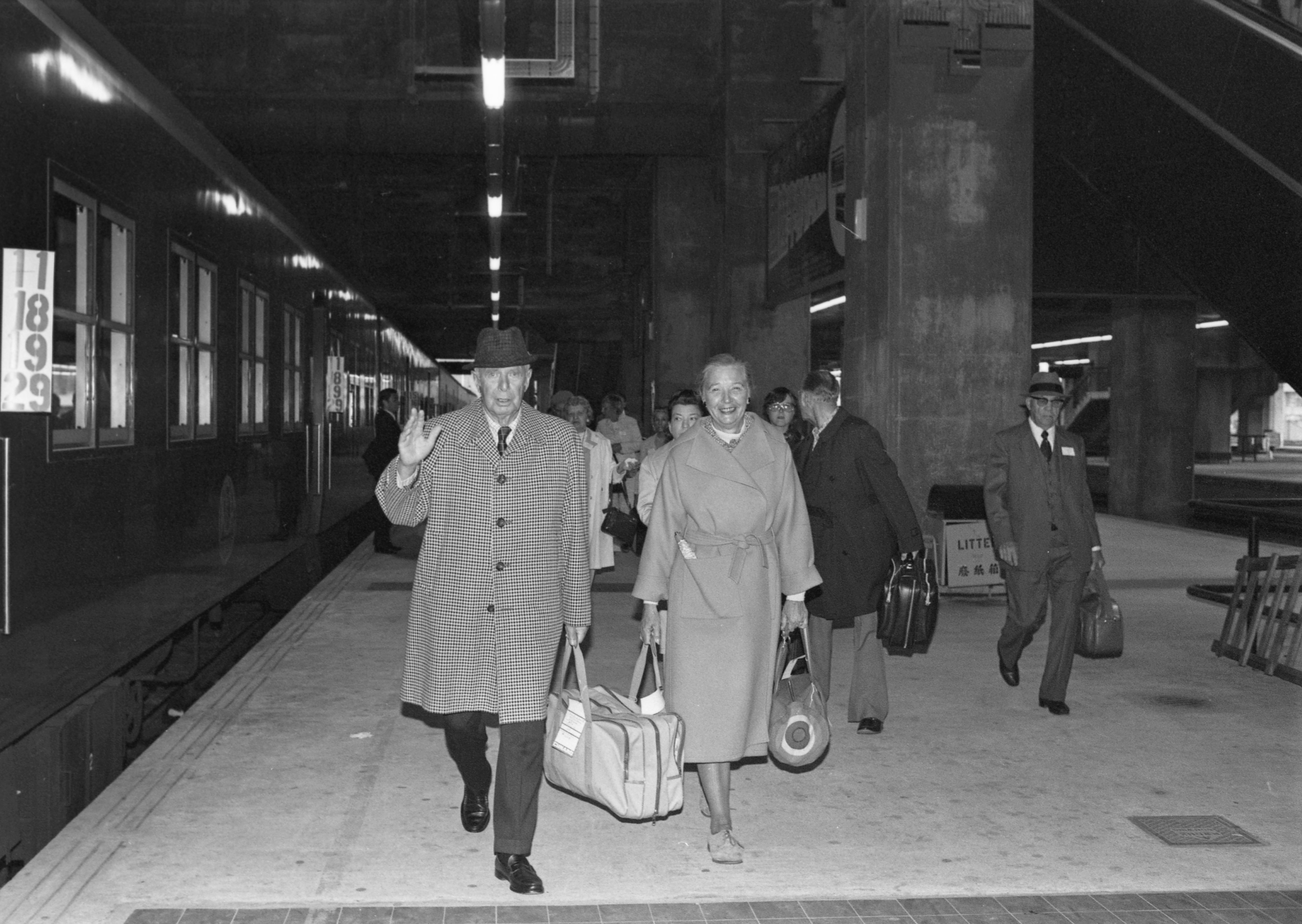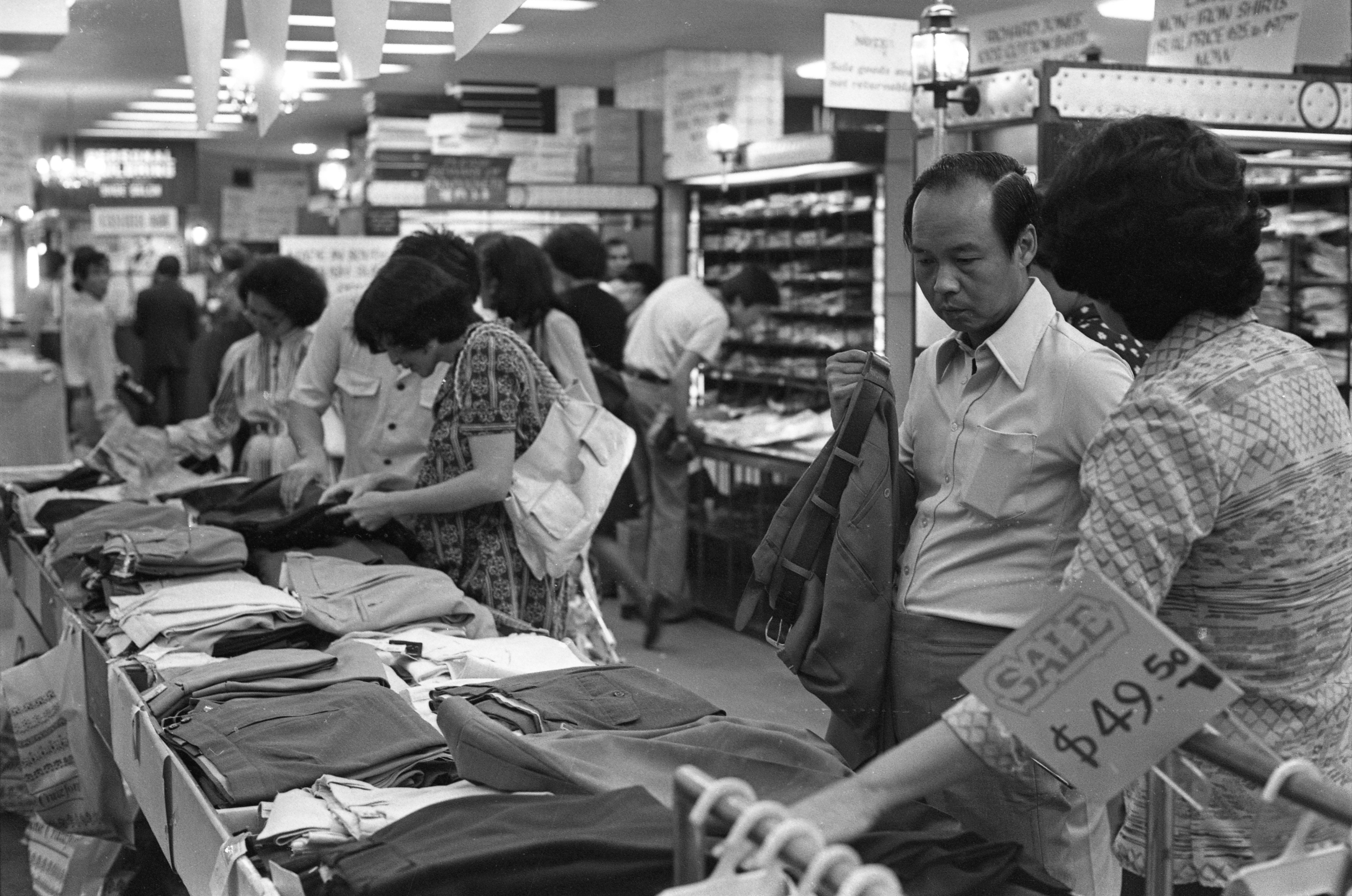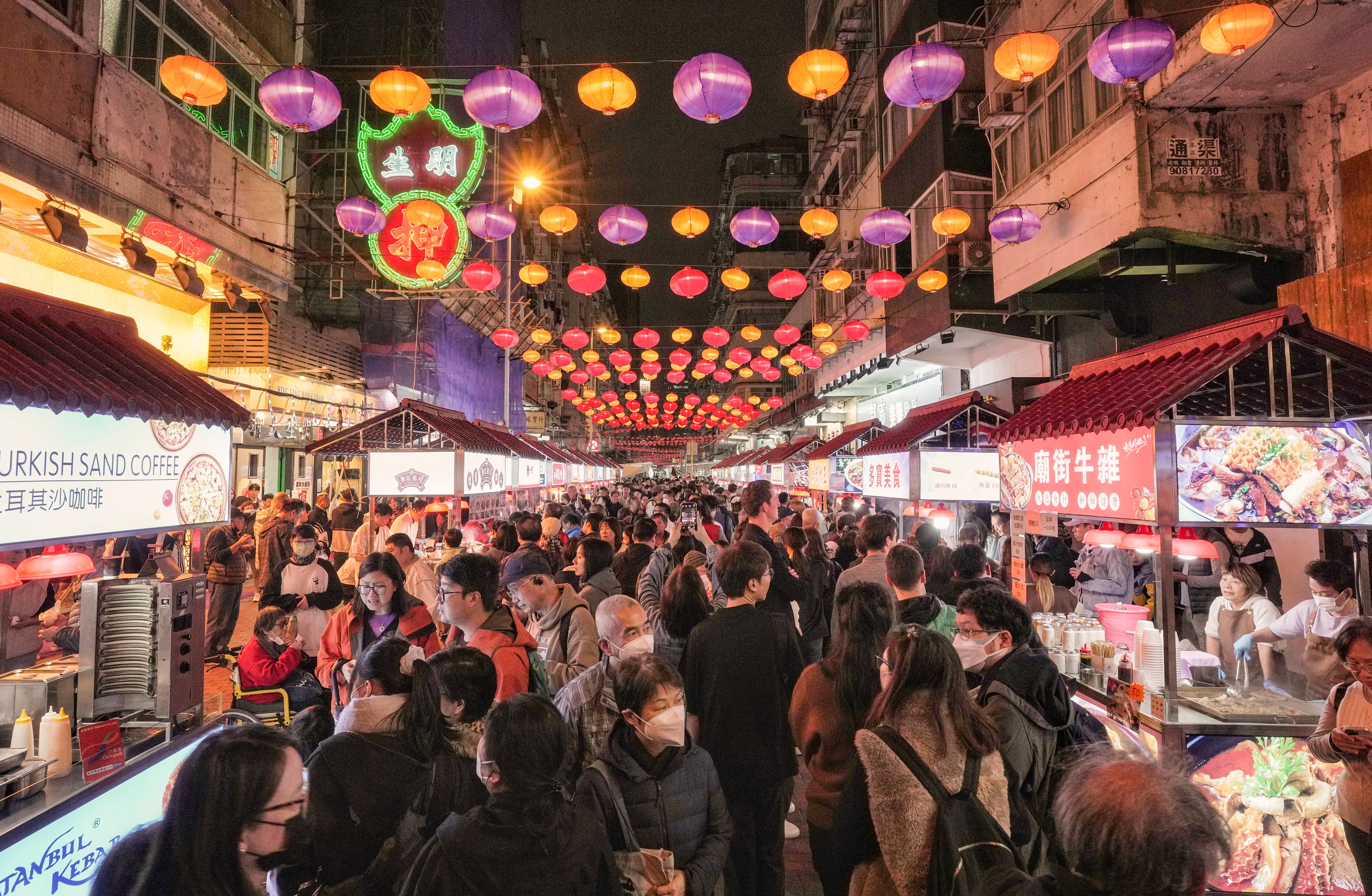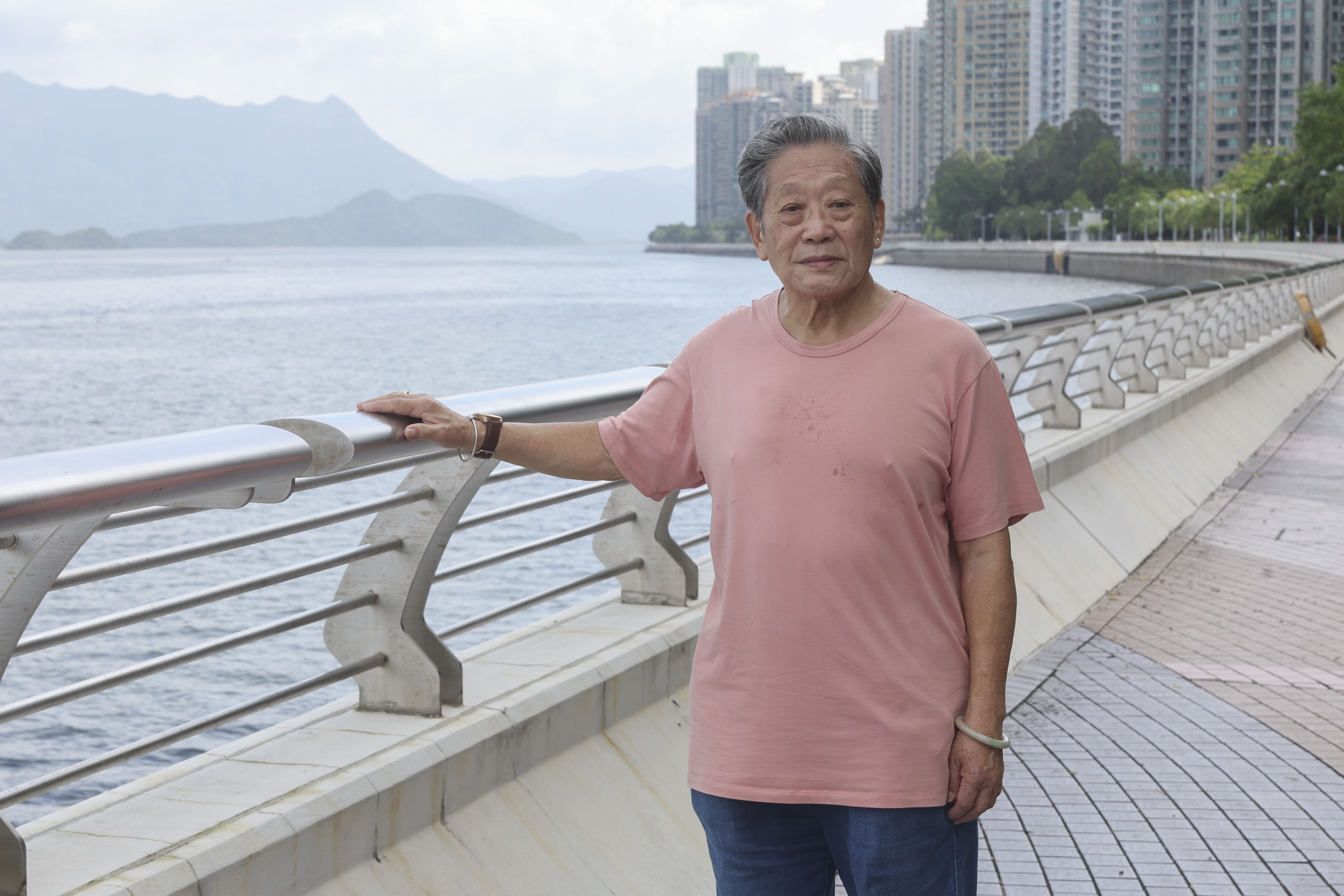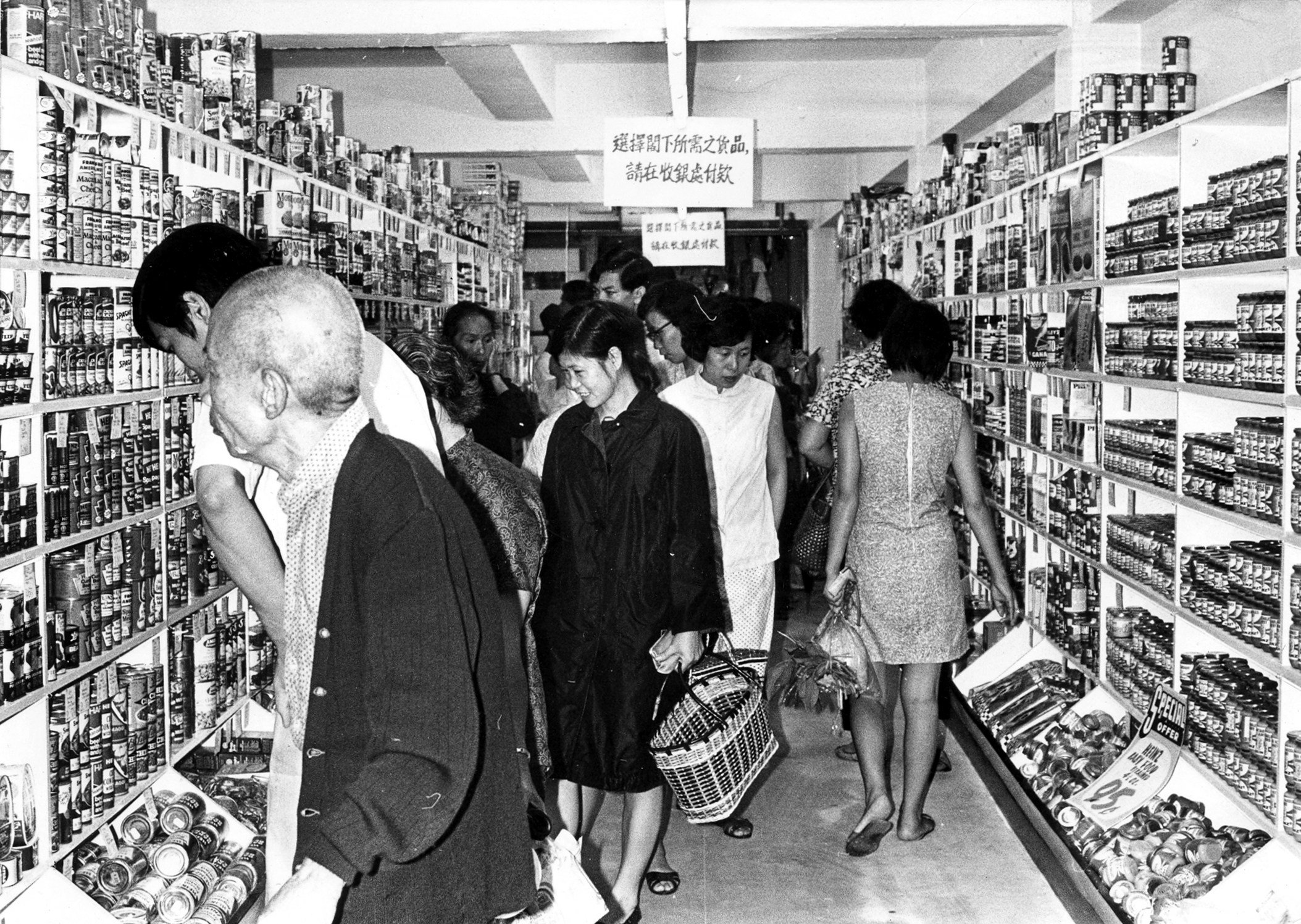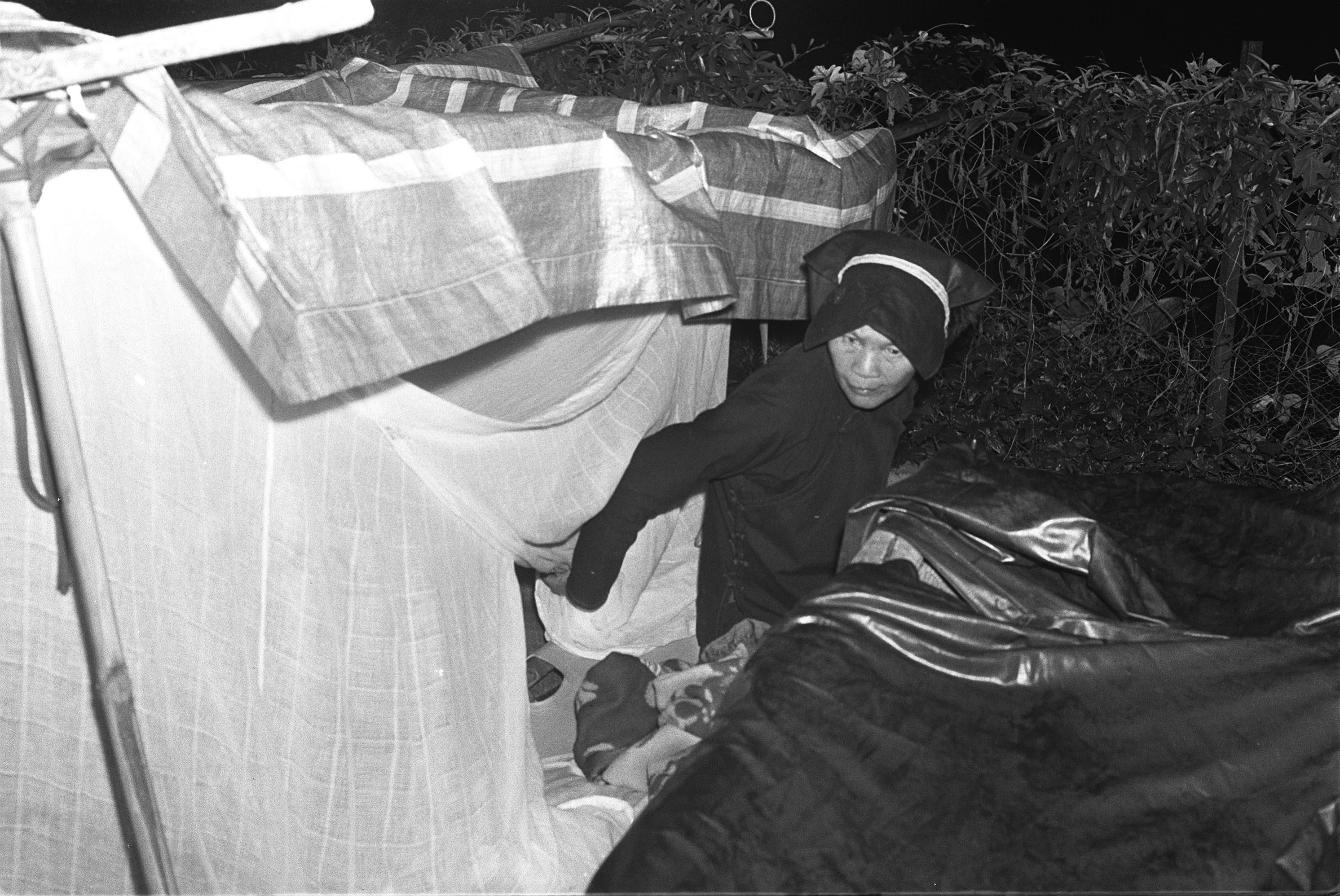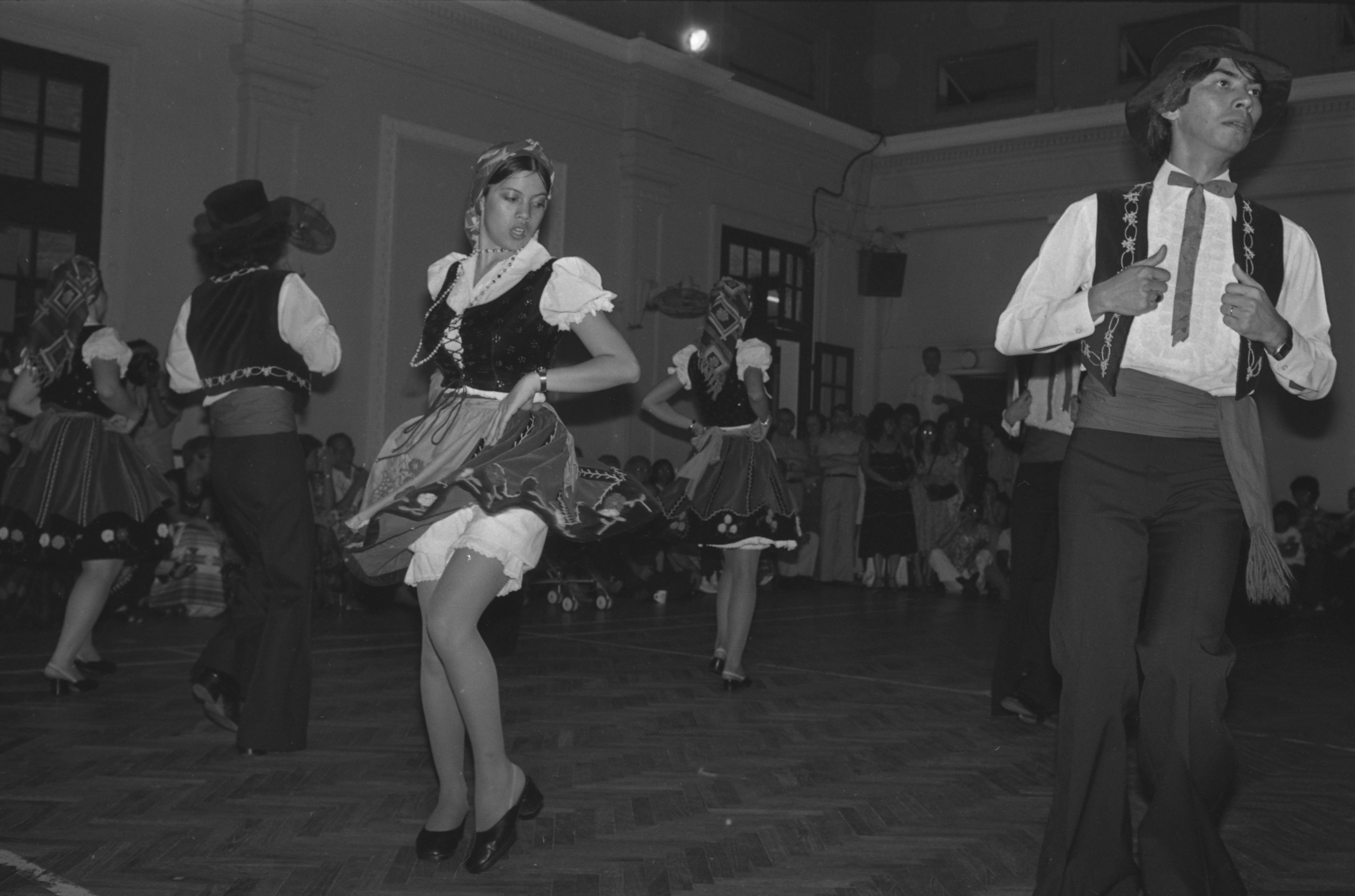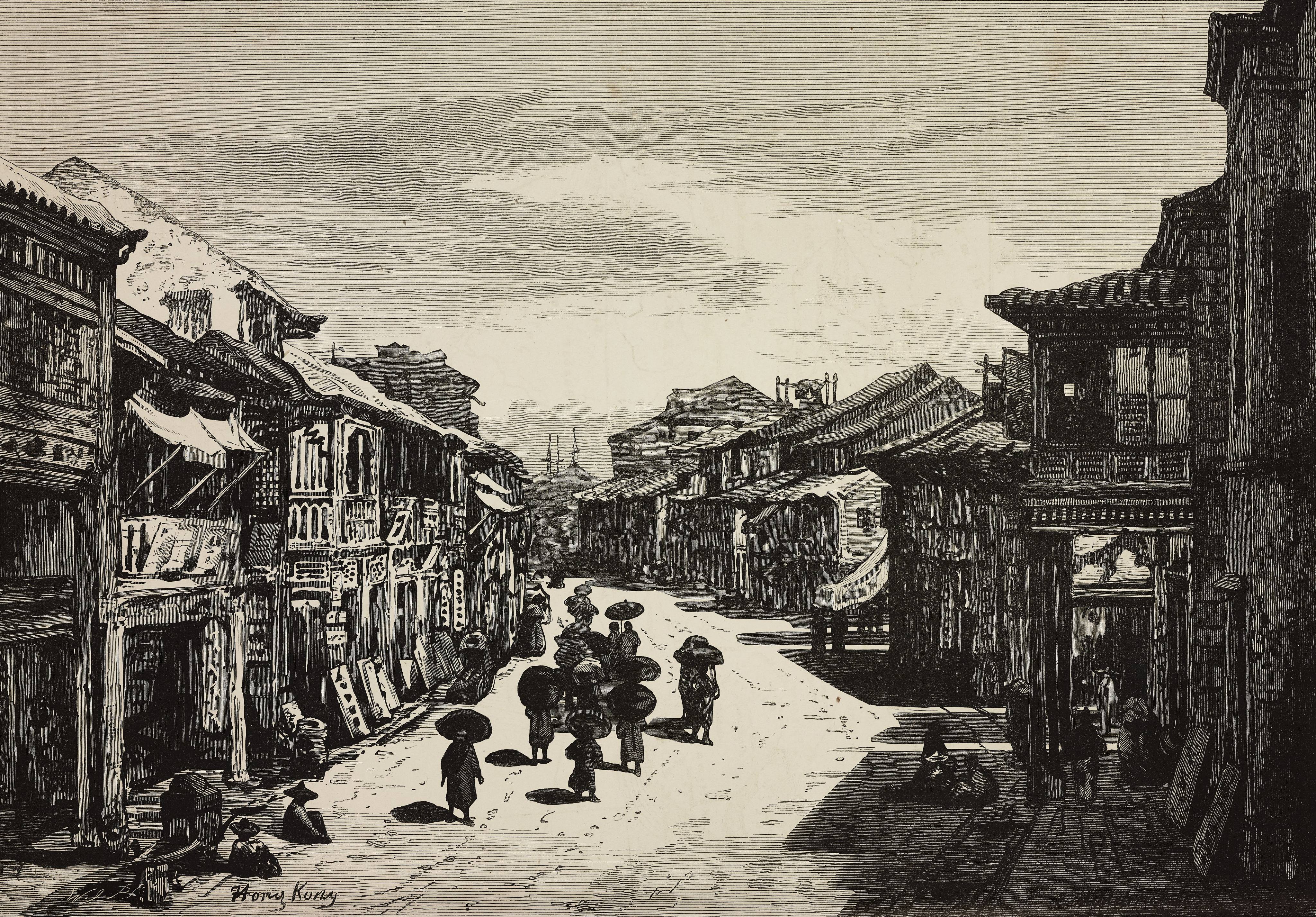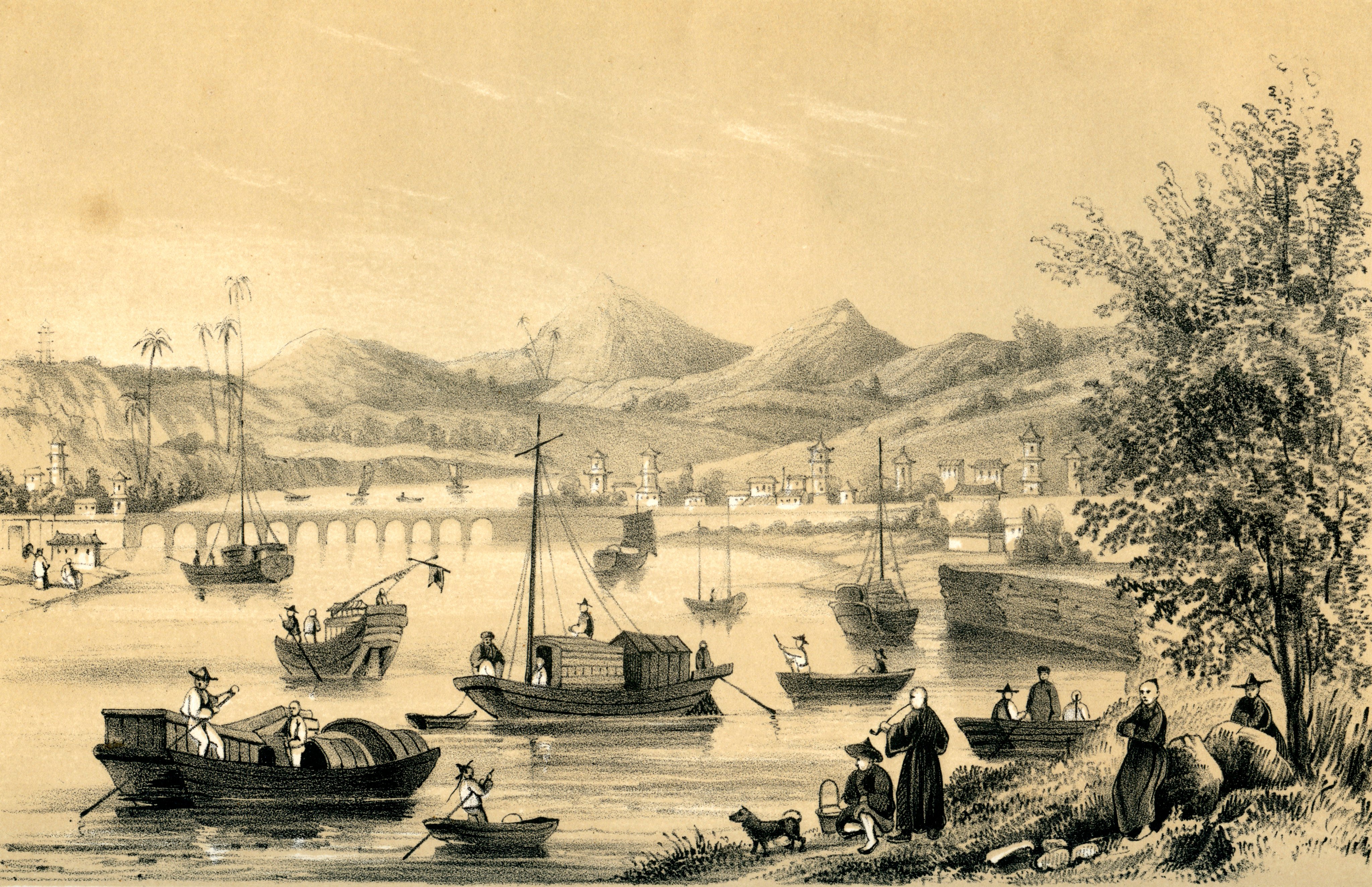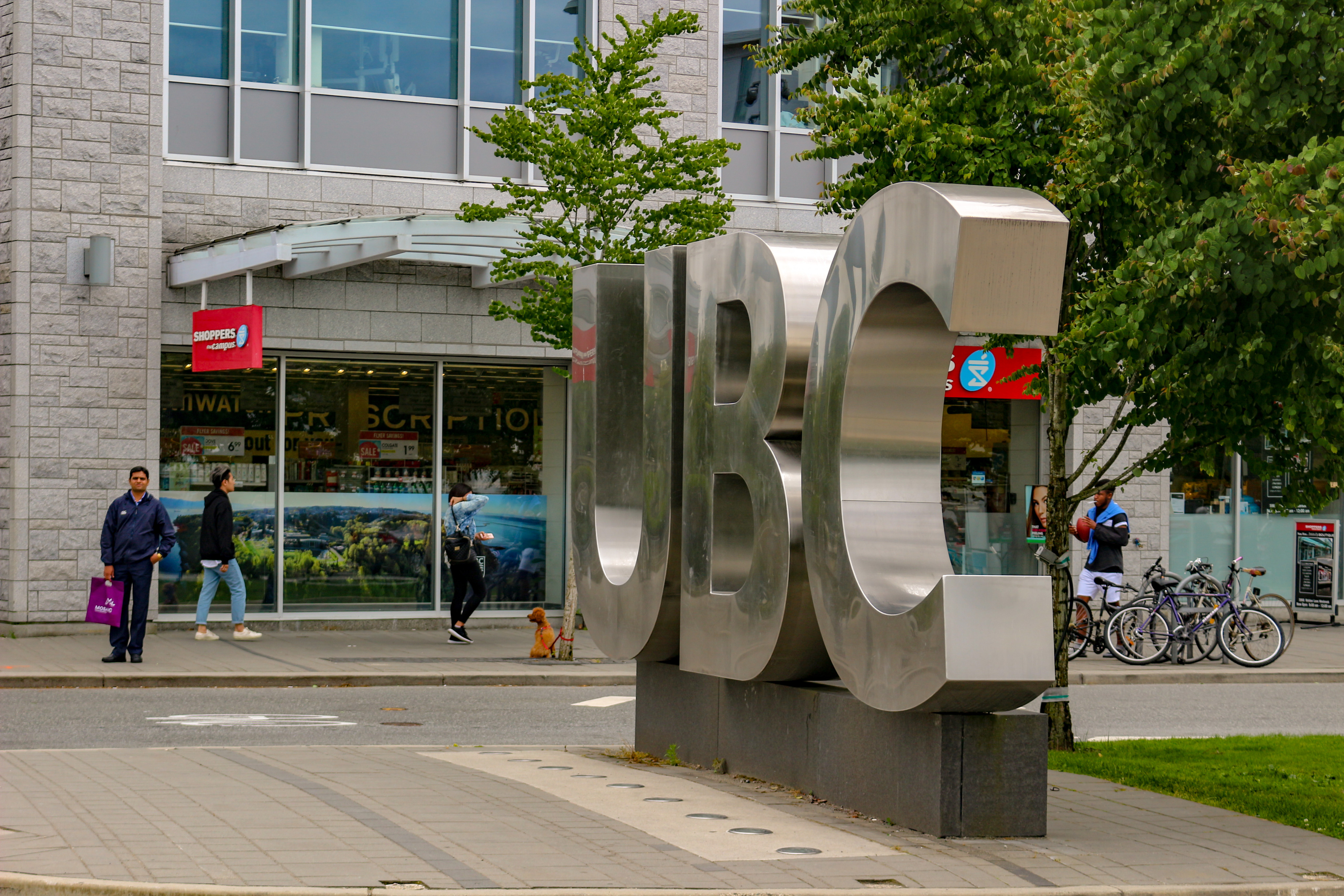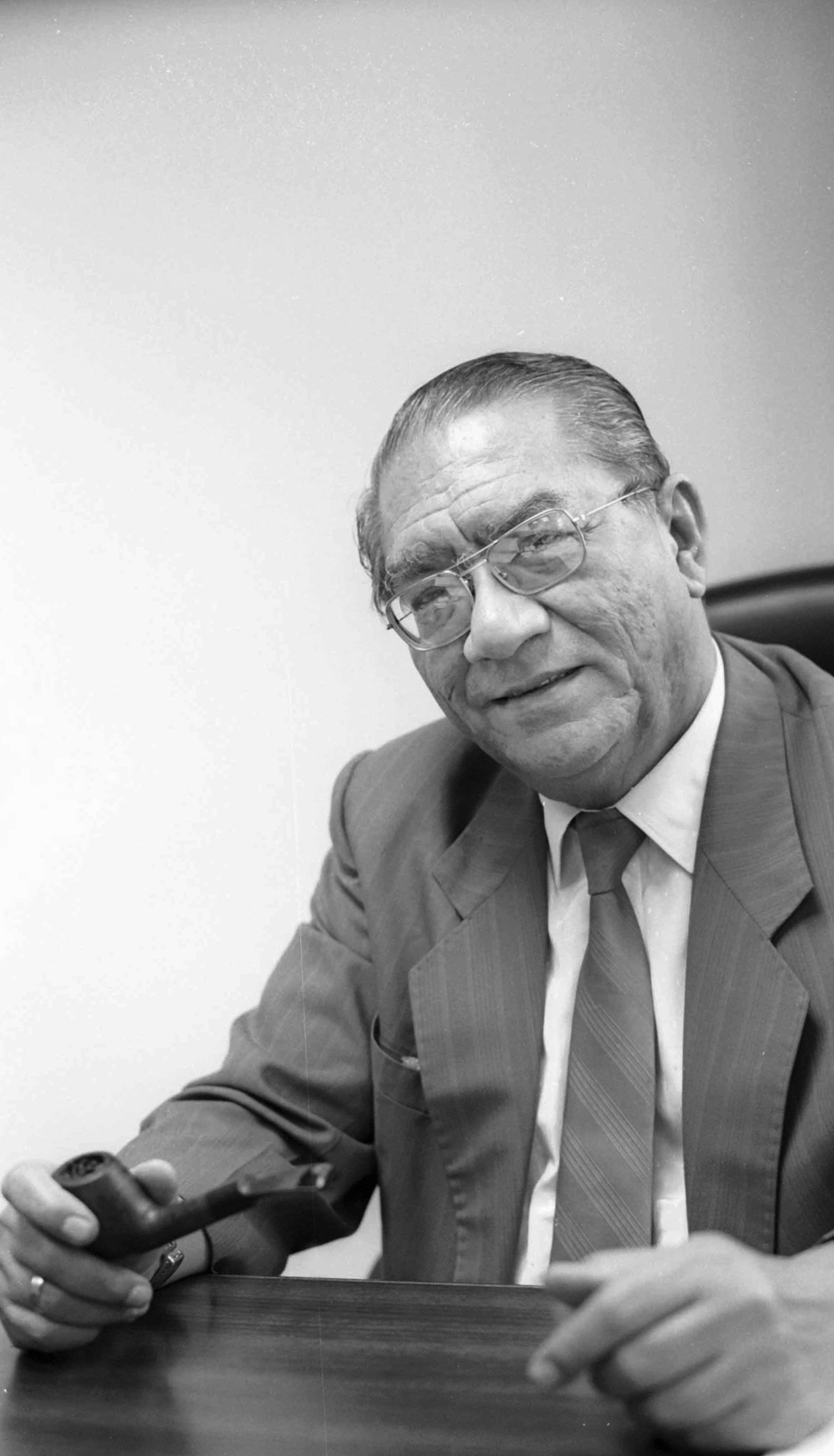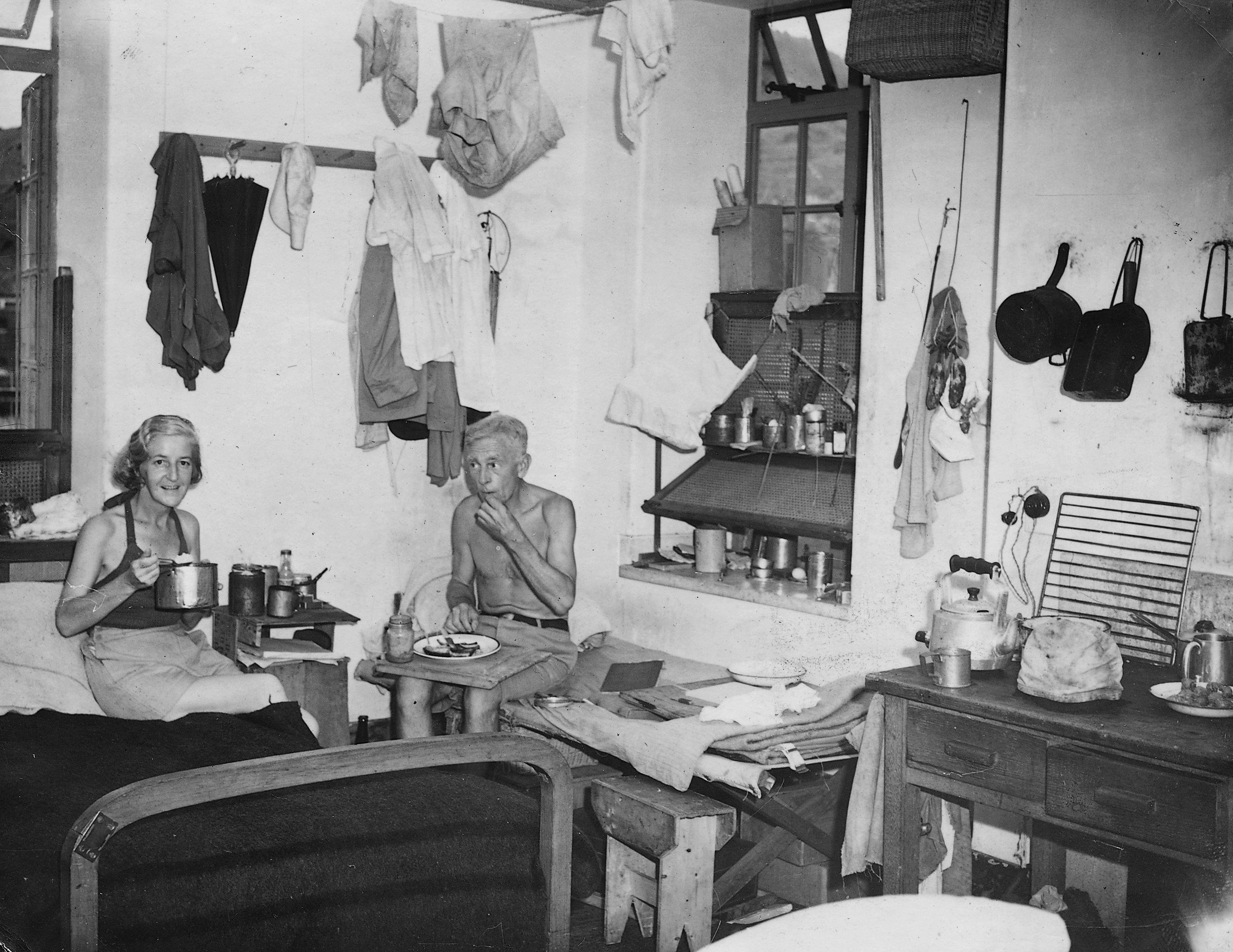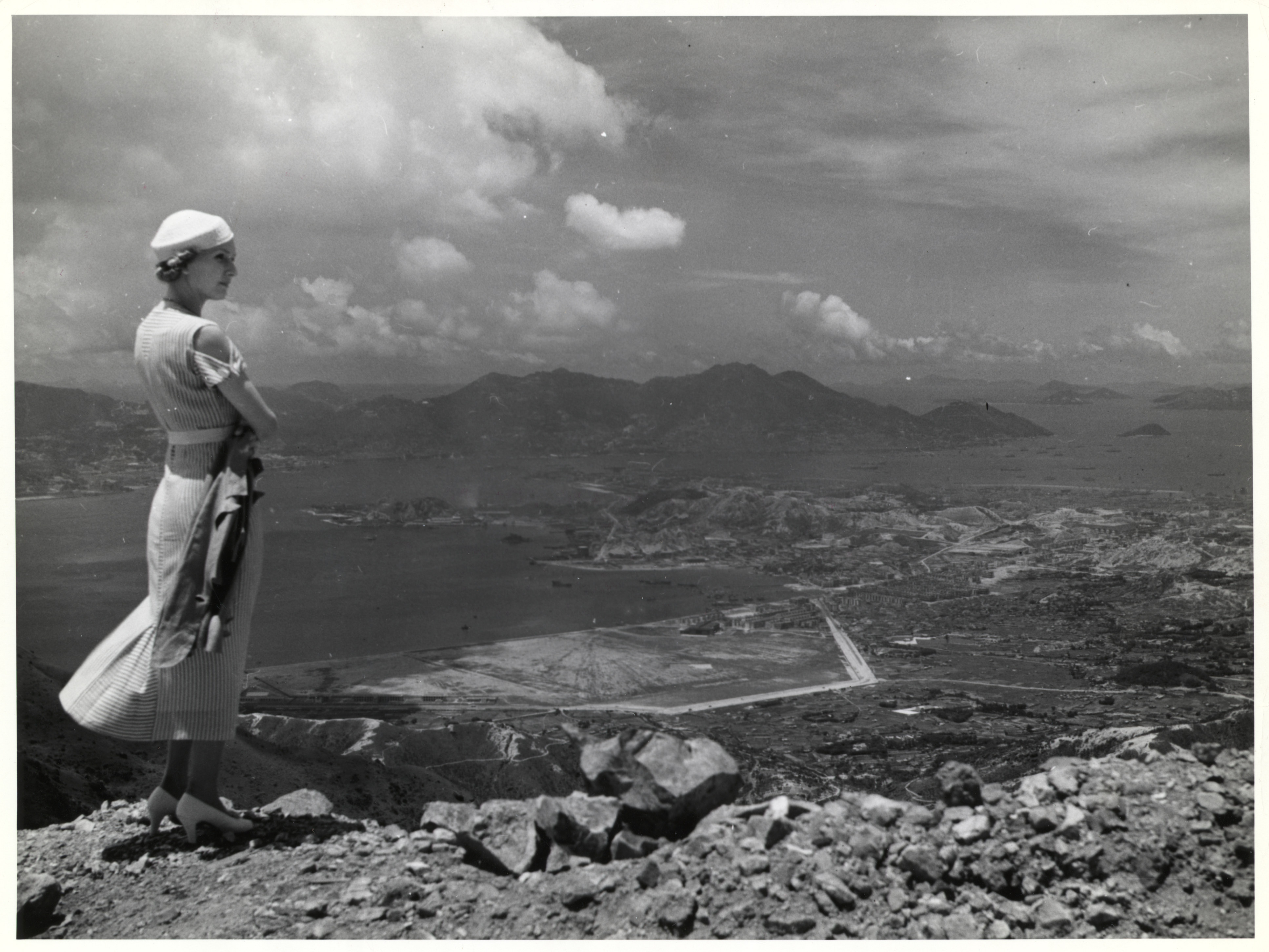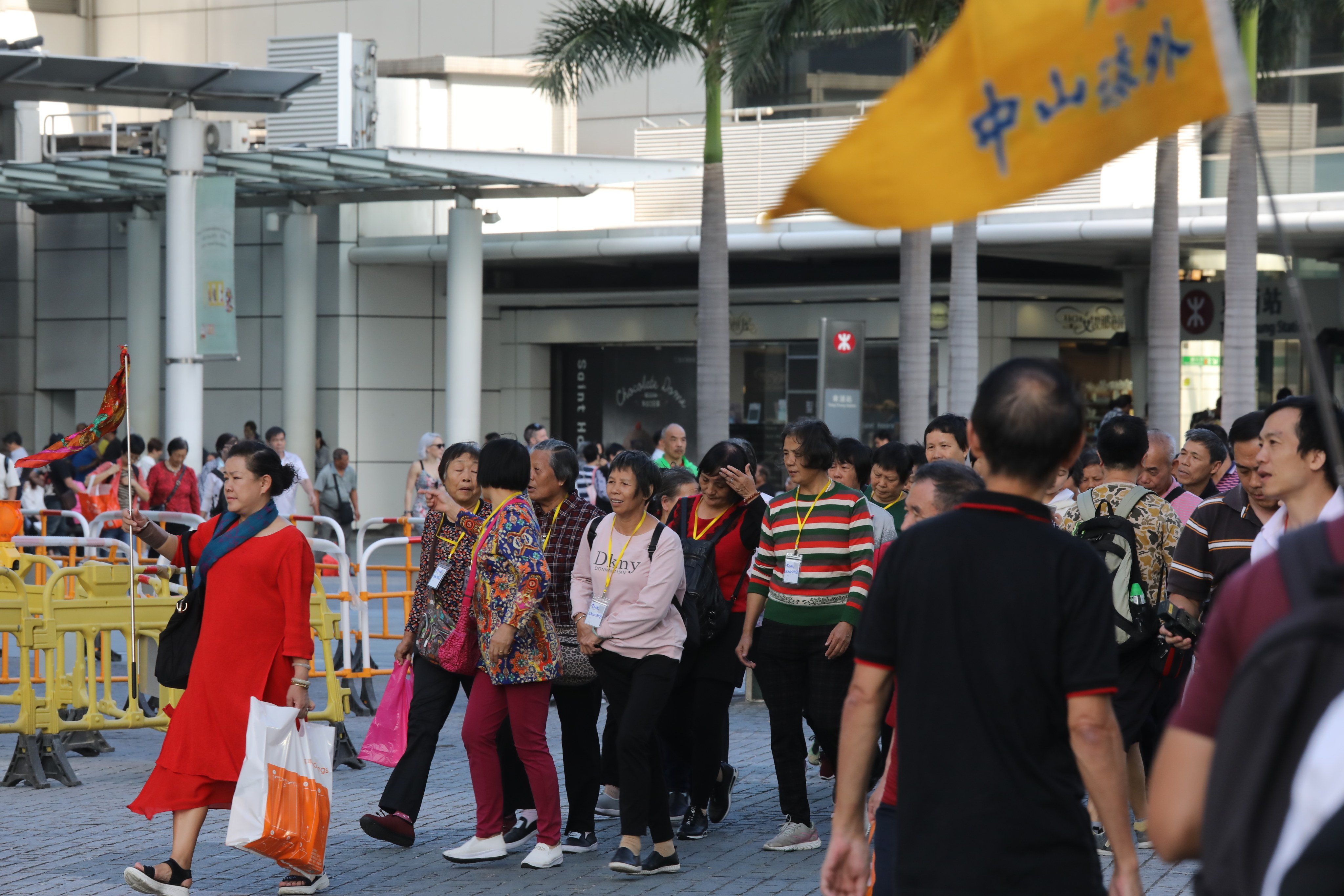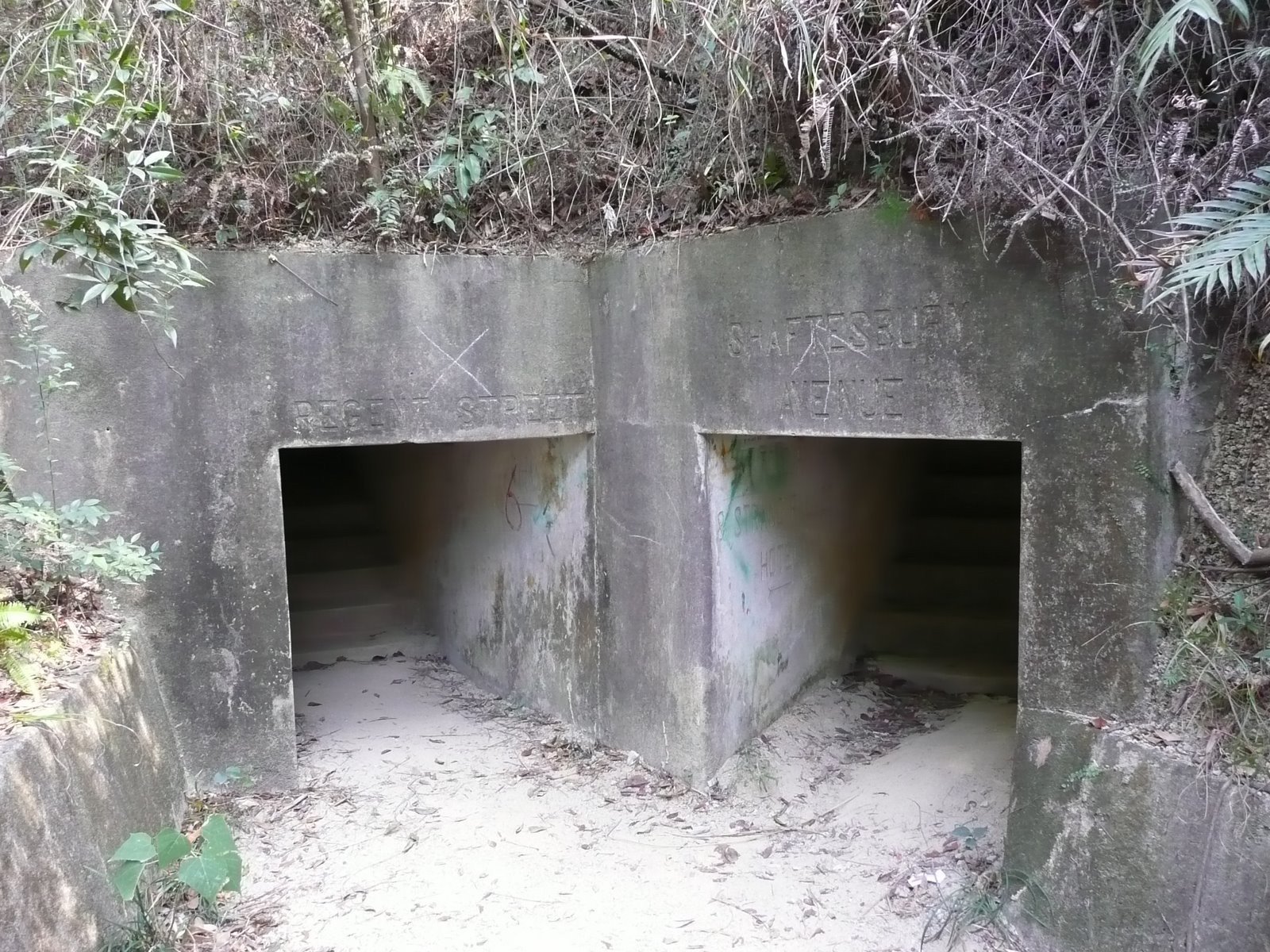Advertisement
Advertisement

Jason Wordie
As Hong Kong’s barbecue season – with all its unique attributes – gets under way, so too do the feral pig raids on the mountains of detritus.
Halal-certified food is not easy to find in the city, unfortunately – and language barriers are another challenge.
Whether British, Shanghainese or Indian, Hong Kong’s legions of tailors have been a world-famous source of affordable, high-quality bespoke attire for generations.
The numerical prefixes used to indicate where callers were dialling from – New Territories, Hong Kong Island, Kowloon or outlying islands.
Advertisement
Until recently, writing about local history was the sole preserve of hobbyists whose work went largely unrewarded – just look at Lo Kam.
‘Yum bui’ were among the first Chinese words taught to Europeans arriving in Hong Kong, while ‘Bottoms Up’ is also the name of a Tsim Sha Tsui bar.
Many Boeing B-17 bombers were converted into airliners that transformed international travel, forcing BOAC to fly to Hong Kong via the US, Hawaii and tiny Wake Island.
Change is nothing new here – launched back in 1989, the Post’s iconic Sunday magazine has morphed again and again to meet the needs of an evolving readership.
No, he isn’t told what to write about, says Wordie, in answer to the most common question he gets, as he looks back on a quarter century documenting the region’s huge changes
There may be little practical purpose to ties beyond identifying one’s ‘tribe’, but few could forget how former CE Donald Tsang popularised the item
As mainlanders flocked to Hong Kong after 1949, they brought with them Shanghai-style bathhouses and their many personal grooming services – and the term ‘Shanghai’ become a byword for quality
How Hong Kong’s shadowy triad-dominated underworld of paid female companions has evolved over the decades
Once upon a time, liveried guards were stationed at most high-end establishments and affluent homes around Hong Kong – now, they’re a rare throwback to a bygone era
Cantopop didn’t begin with Anita Mui or Jacky Cheung, but with the humble studios of post-war Hong Kong
Diplomacy, a Chinese mermaid, and the ever tenacious ‘Sonny Sales’ – the locally-born Portuguese chair of Hong Kong’s Olympic Committee – are all part of the city’s Olympic legacy
Back in the golden days of travel, holiday attire was serious business, and with only two evening jackets required, men had it relatively easy
Men with a certain bearing – often former military – were paid to walk round department stores like Lane Crawford and Whiteaway, Laidlaw & Co keeping an eye out
Recent attempts to revitalise the city’s after-hours attractions may have been met with a lukewarm response, but Hong Kong’s night markets once played a vital role in the city’s social fabric
A refugee from mainland China who swam to Hong Kong at the third attempt tells Jason Wordie about getting caught, his ‘shocking’ prison experience, and his barrister son who helps asylum seekers.
Hong Kong supermarkets have gone from places with dress codes and English-speaking staff that served the wealthy elite to the ubiquitous neighbourhood stores of today.
Mosquitoes have long been a feature of life in Hong Kong and various methods have been devised to thwart the bloodthirsty pests, from kerosene in the drinking water to now-nostalgic nets.
Eduardo Brazão encouraged Hong Kong’s Portuguese community to better appreciate themselves, but his enthusiasm was not widely shared.
Racial terms historically directed at Europeans and Eurasians in Asia ran the gamut from ghosts and devils to cow stink and ‘three-quarters of a rupee’.
Chinese families that conceal ethnic difference, despite appearances to the contrary, have long caused the loss of their own heritage.
As the political climate in Hong Kong restricts the scope of topics for academic research, the centres of serious ‘Hong Kong Studies’ are now to be found far from the city’s shores.
Writer-lawyer Henrique de Senna Fernandes’ works paint a Macau as seen through the eyes of a nostalgic local who truly loved his hometown.
Amateur dramatics helped alleviate the boredom of prisoners of war during the Japanese occupation of Hong Kong, and creating the costumes involved every inch of innovation the inmates could muster.
Pearl of the Orient, a city of myriad lights – Hong Kong was promoted to 1930s visitors by China’s Nationalist government much as it would be for decades afterwards. No sedan chair rides these days, though.
Tourists to Hong Kong have long been fed rote-learned clichés about its history by uninspiring and uninspired guides. In today’s new normal, who would dare risk offering them anything different?
Oxford Street, Regent Street, Piccadilly, Shaftesbury Avenue: names given to the tunnels of Hong Kong’s Shing Mun Redoubt. Yet their occupants in 1941 were Scots for whom London was in a foreign land.

